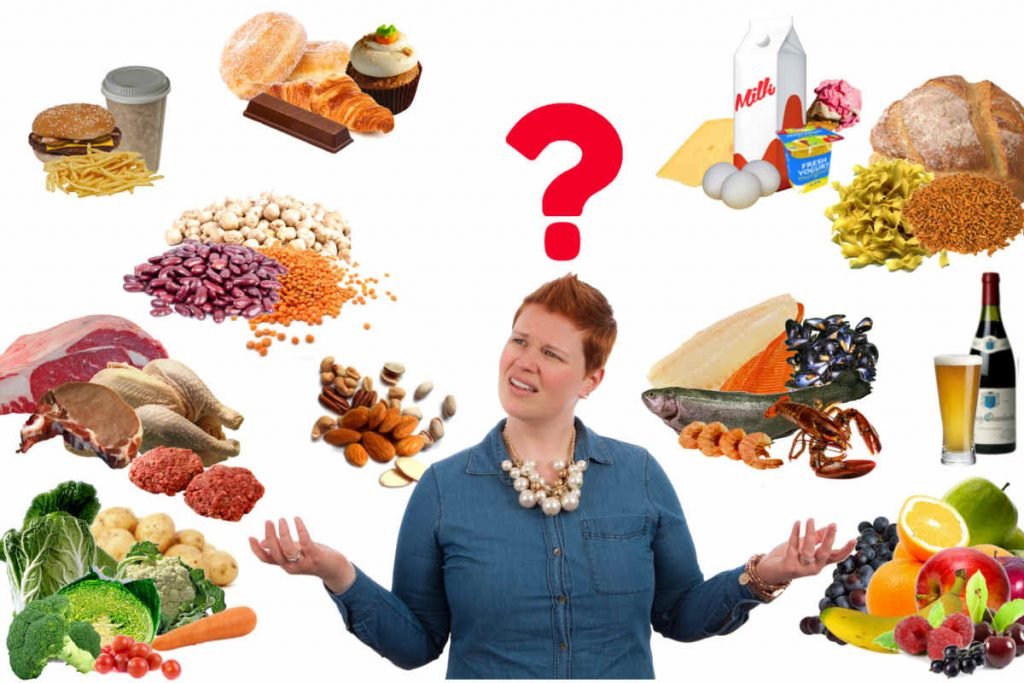Individuals around the globe dedicate their time and energy to maintaining their health and physical fitness. Alongside exercise, one’s dietary choices play a pivotal role in determining their fitness level. The food we consume directly impacts our overall health. While embarking on a fitness journey, people strive to incorporate healthy foods into their diet; however, not all available food options are truly beneficial. Numerous food items that appear nutritious may actually be deceptive. We have compiled a collection of 50 seemingly healthy food items that should be excluded from your diet plan.
Gluten Free Food Items

Gluten sensitivity affects numerous individuals, for whom opting for gluten-free food items can be beneficial. Nonetheless, if your goal is weight loss and maintaining fitness, it may not be the most suitable approach. Contrary to common belief, gluten-free foods tend to undergo additional processing, leading to higher carbohydrate and sugar content compared to gluten-containing counterparts. Consequently, solely emphasizing the gluten-free aspect of any given food item will not contribute to calorie reduction.
Low Fat Salad Dressing

Salad is widely acknowledged as one of the most nutritious food options available, as you will hear from everyone. When exploring healthy eating practices online, it is almost guaranteed that salad will be included in the recommendations. Although low-fat salad dressing may initially seem like a healthy choice due to its reduced fat content, it is important to note that certain ingredients in the recipe may contain a significant amount of sugar. This can potentially contribute to weight gain. Consequently, while you may believe that you are consuming a healthy meal, in reality, you may be ingesting an equivalent amount of fat to what you would typically consume in your everyday diet.
Granola

Granola has been praised as a nutritious health food, but it’s important to question this belief. While it is true that granola can offer some health advantages and is packed with nutrients, the granola available in the market today often contains high amounts of sugar and butter. This poses a challenge for individuals striving to maintain a fit and healthy lifestyle. Therefore, it is crucial to carefully inspect the ingredients and nutritional information on the packaging before purchasing granola. It’s possible that instead of shedding calories, one might unintentionally consume more by incorporating granola into their diet.
Green Veggie Juice

Green vegetable juice is widely recognized as one of the most nutritious beverages available. It is undeniable that green vegetables are rich in nutrients. However, many individuals opt to include fruits in their green vegetable juice to enhance its sweetness. Regrettably, these fruits are typically high in sugar and can contribute to calorie intake instead of aiding in calorie burning. Therefore, if your aim is to enjoy a healthy beverage, it is advisable to opt for a purely vegetable juice devoid of any fruits.
Whole Wheat Bread
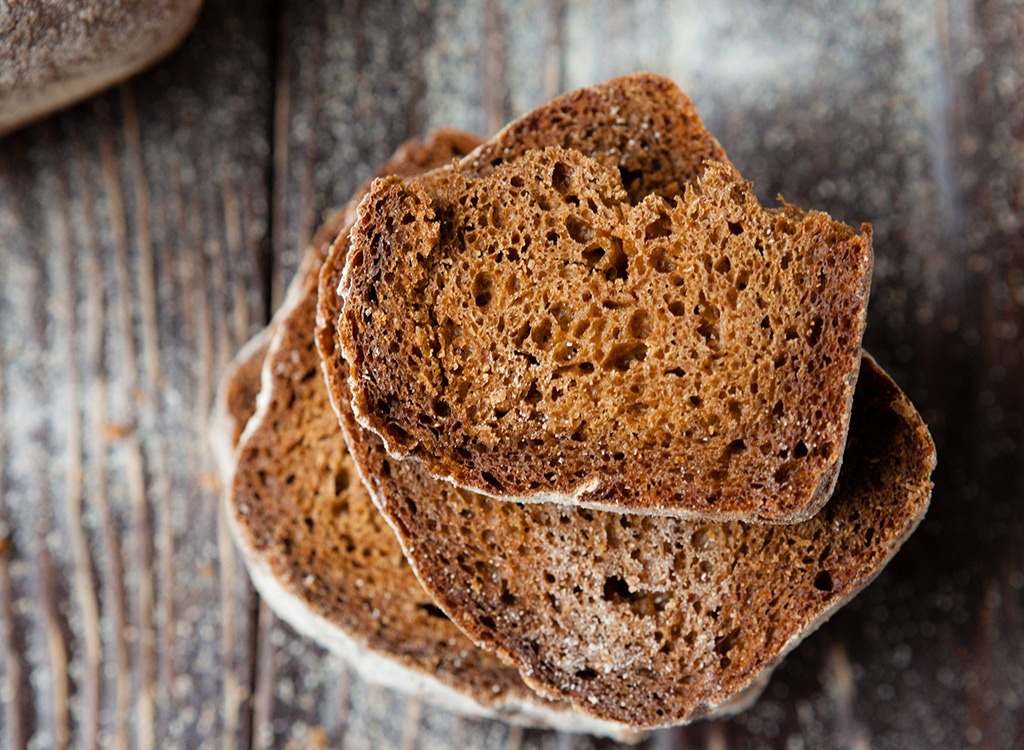
Individuals seeking to shed pounds often transition from consuming regular bread to opting for whole wheat bread. The common belief is that whole wheat bread is more beneficial for health. However, this assumption is incorrect. Numerous types of whole wheat bread actually incorporate ingredients like sugar, molasses, and corn syrup that can compromise your entire fitness regimen. If you desire to incorporate bread into your dietary plan, it is advisable to select sprouted bread, as it does not contain excessive quantities of sugar.
Canned Soup
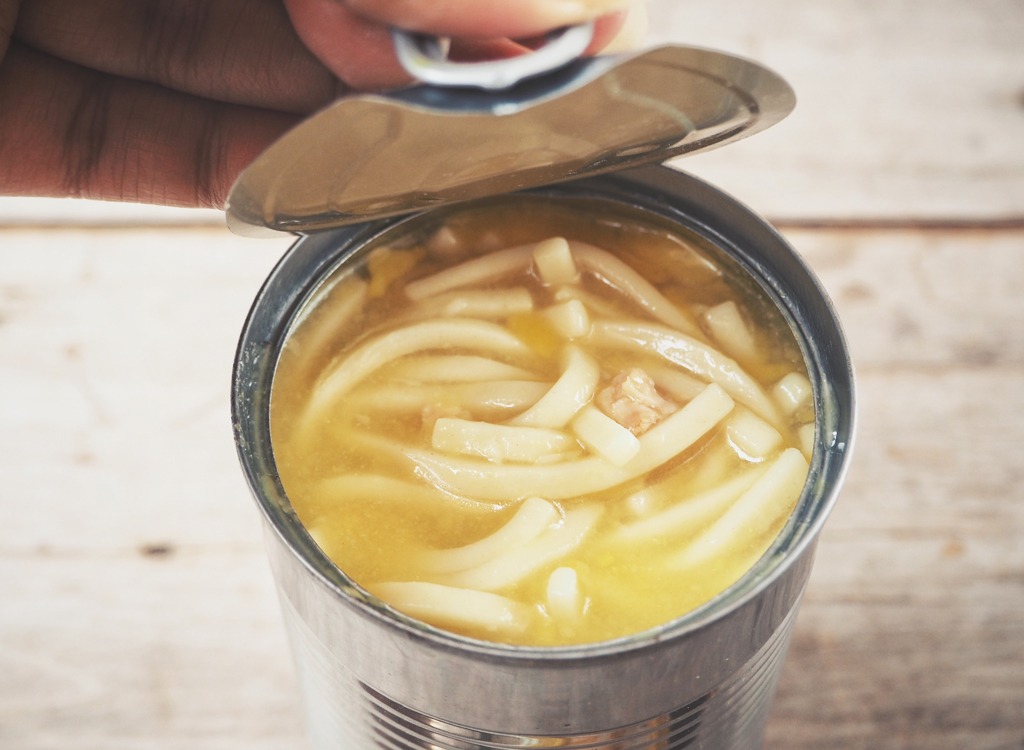
If it’s canned, it’s probably extremely processed and processed foods are full of sugar and other unhealthy ingredients. Many canned soup companies out there market their products as a great addition to a diet plan. However that is not the case. These canned soup can actually ruin days of workout and exercises. So
Protein Bars
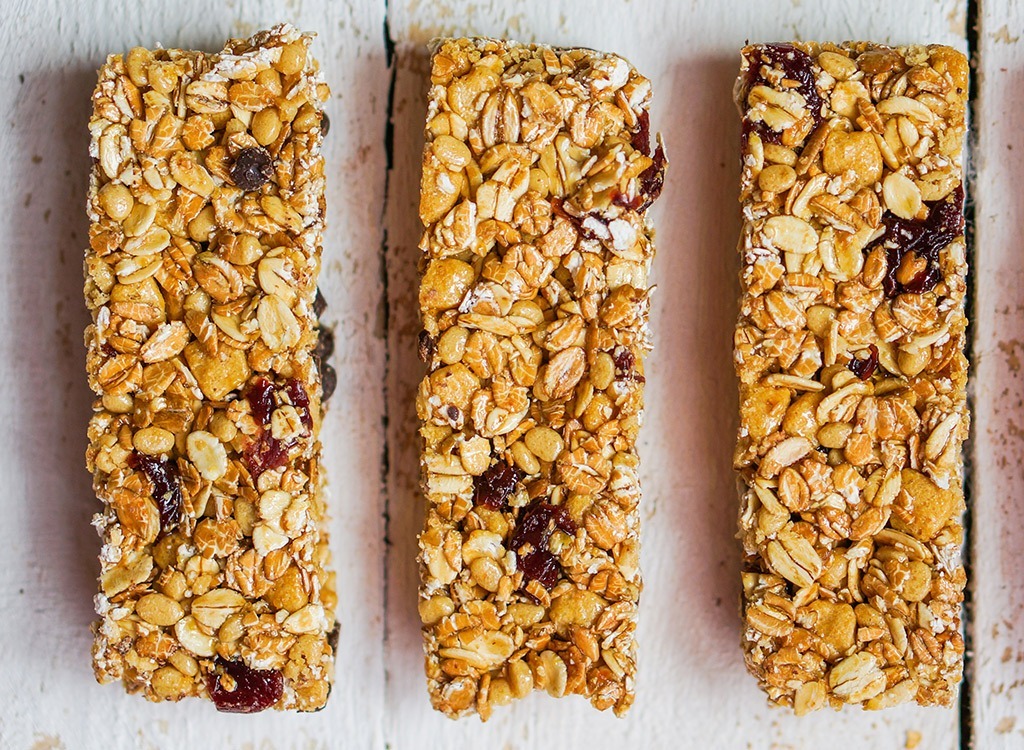 Many individuals often confuse health foods with foods that promote muscle building. Protein bars serve as a prime example of food that is perceived as healthy but is actually not. There are specific food items that a professional nutritionist may recommend for your diet plan, but their purpose may differ greatly from what you initially assume. If a nutritionist includes protein bars in your diet plan, you might assume that they are healthy, but in reality, they may be added to help strengthen your muscles. Therefore, it is important to avoid solely relying on protein bars and consuming them throughout the day under the misconception that they are inherently healthy. The majority of protein bars contain high amounts of sugar and can contribute a significant number of calories to your body. When you consume a protein bar, you are not only ingesting protein but also excess calories that are not necessary for your diet.
Many individuals often confuse health foods with foods that promote muscle building. Protein bars serve as a prime example of food that is perceived as healthy but is actually not. There are specific food items that a professional nutritionist may recommend for your diet plan, but their purpose may differ greatly from what you initially assume. If a nutritionist includes protein bars in your diet plan, you might assume that they are healthy, but in reality, they may be added to help strengthen your muscles. Therefore, it is important to avoid solely relying on protein bars and consuming them throughout the day under the misconception that they are inherently healthy. The majority of protein bars contain high amounts of sugar and can contribute a significant number of calories to your body. When you consume a protein bar, you are not only ingesting protein but also excess calories that are not necessary for your diet.
Flavored Yogurt
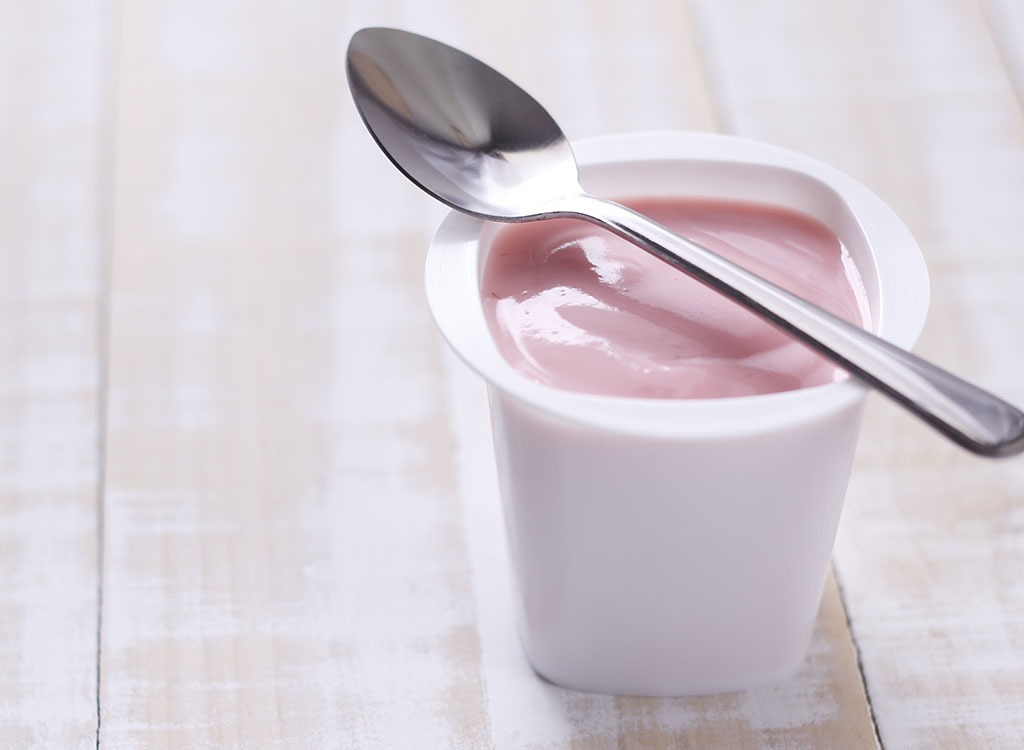
Flavored yogurt can pose a similar level of risk as ice cream. It contains excessive quantities of sugar, which can undermine the progress made during weeks of exercise. Individuals who are following a diet regimen might consume large quantities of yogurt believing that it aids in weight loss, but this notion is incorrect. Instead, flavored yogurt exacerbates the situation. Furthermore, the inclusion of artificial flavoring and coloring in the yogurt can have adverse effects on one’s health.
Dried Fruits
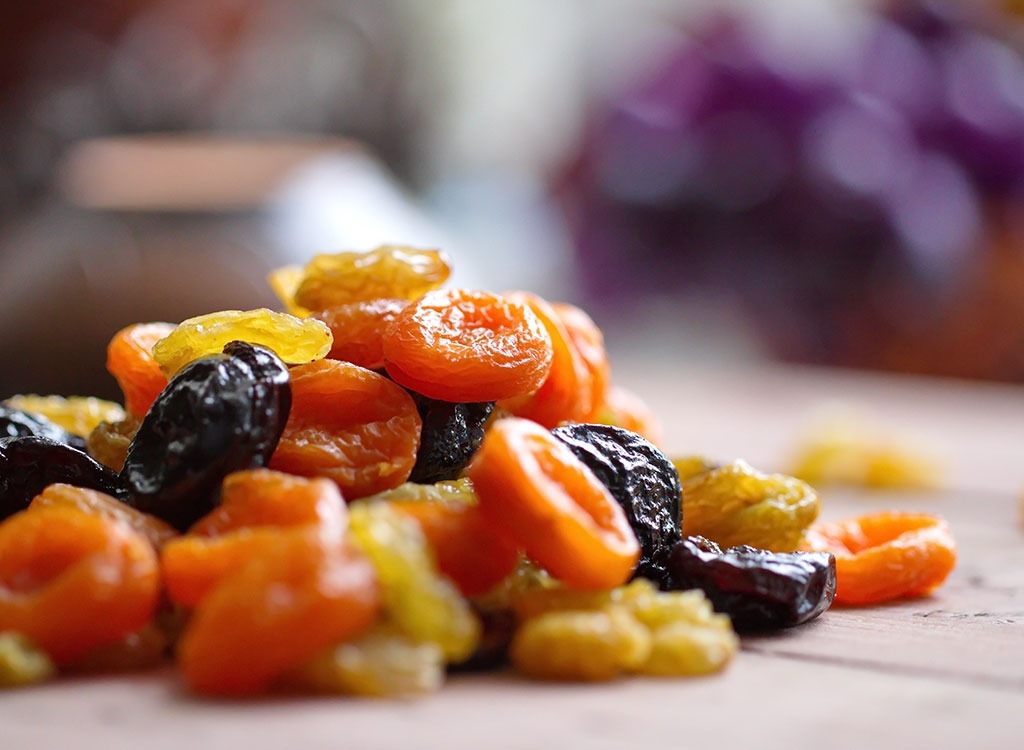
When you embark on a diet, it is common for individuals to advise you to carry a container of dried fruits. The presumption is that dried fruits are a nutritious option that can satisfy your hunger, preventing the urge to consume high-calorie foods. However, today, many dried fruits available in the market undergo processing, and are coated with an additional layer of sugar. This poses a problem, as sugar is detrimental to your goal of maintaining a fit and healthy lifestyle. Consequently, it is advisable to avoid these types of dried fruits altogether.
Frozen Food
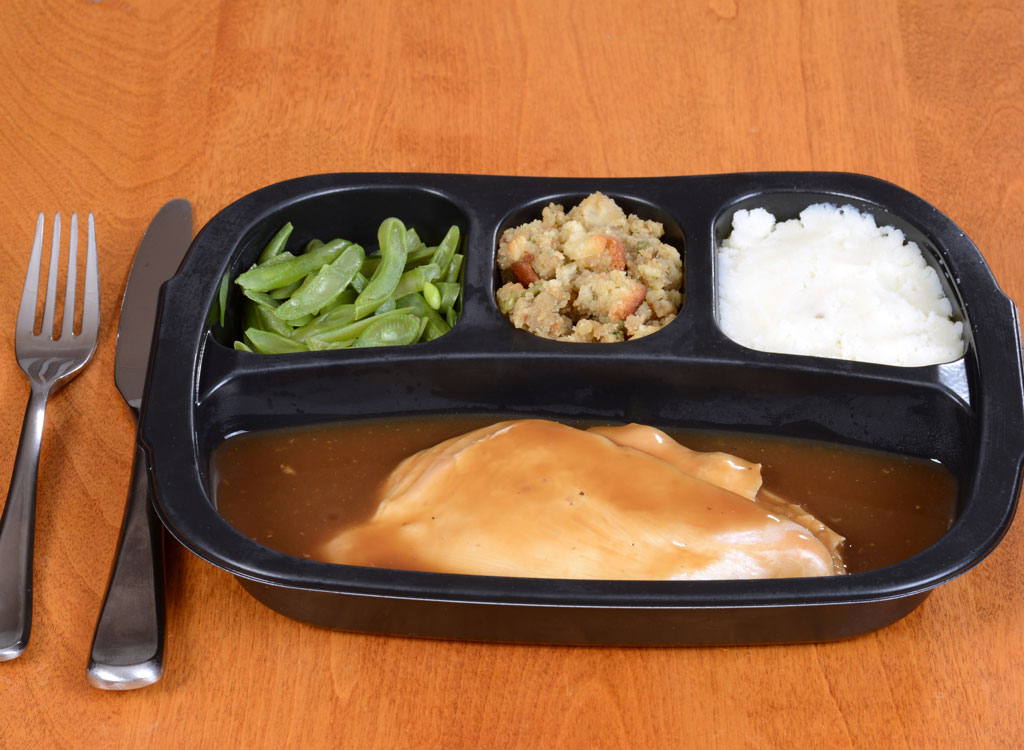
Over the past ten years, there has been a rise in the popularity of nutritious frozen meals. However, these frozen food options may not be as beneficial for your health as they are marketed to be. These meals often contain additional salt and sugar to enhance their taste. While they are convenient to prepare and can be taken along on lengthy trips, their only notable advantage is their convenience. Regrettably, they do not provide any significant health benefits.
11. Fruit Snacks
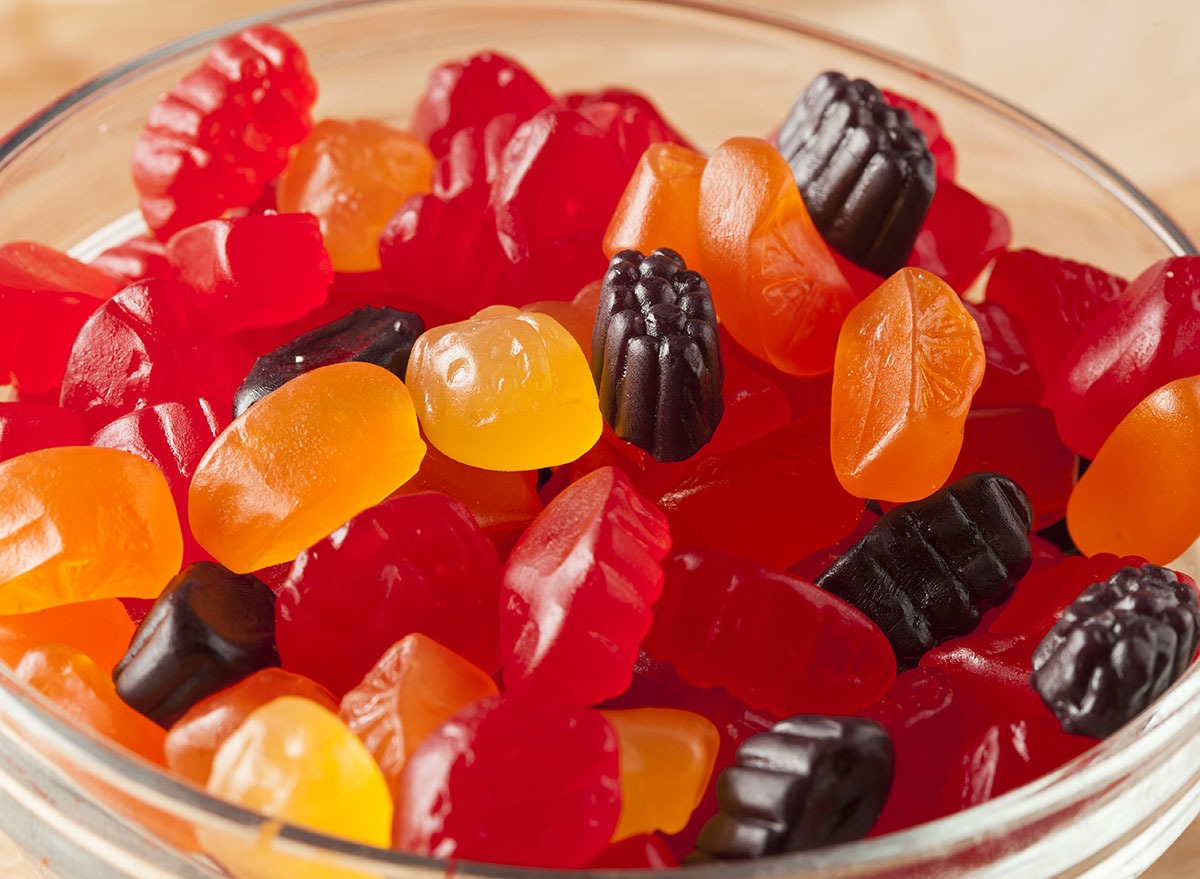
Food snacks are beloved by individuals worldwide. If weight loss is your goal, you may believe that fruit snacks offer a nutritious option for snacking. Nevertheless, these snacks are not as healthful as one might assume, lacking the necessary nutrients found in fresh fruits. Moreover, they are calorie-dense and should be avoided.
12. Fast Food Salads
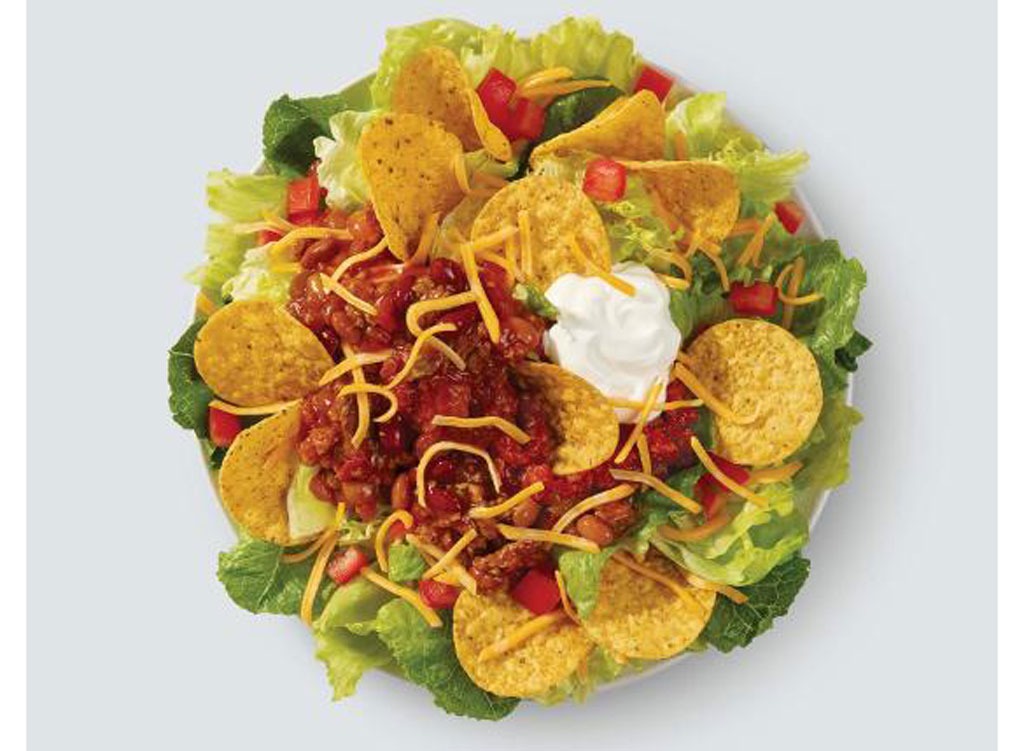
Gone are the days when fast food only consisted of burgers, fries, and milkshakes. Nowadays, fast food restaurants have expanded their menu to include a wide range of food options. It’s not uncommon to find salads on their menu as well. The intention behind this is to appeal to customers who may not typically be interested in dining at a fast food establishment. So, when you’re ordering fast food nowadays, you can get burgers for everyone and a salad for your health-conscious friend. Your friend may believe that they’re making a healthier choice compared to everyone else, but the reality is quite different. The salads offered at fast food restaurants are merely salads in name. The ingredients used in these salads are often just as unhealthy as those used in their burgers. These salads can be incredibly detrimental to your health and can contribute a significant amount of calories to your body. In fact, they can be just as, if not more, harmful than other fast food items on the menu. Therefore, it’s important to remember that just because something has the word “salad” attached to it, doesn’t necessarily mean it is a healthy choice.
13. Sugar Substitutes
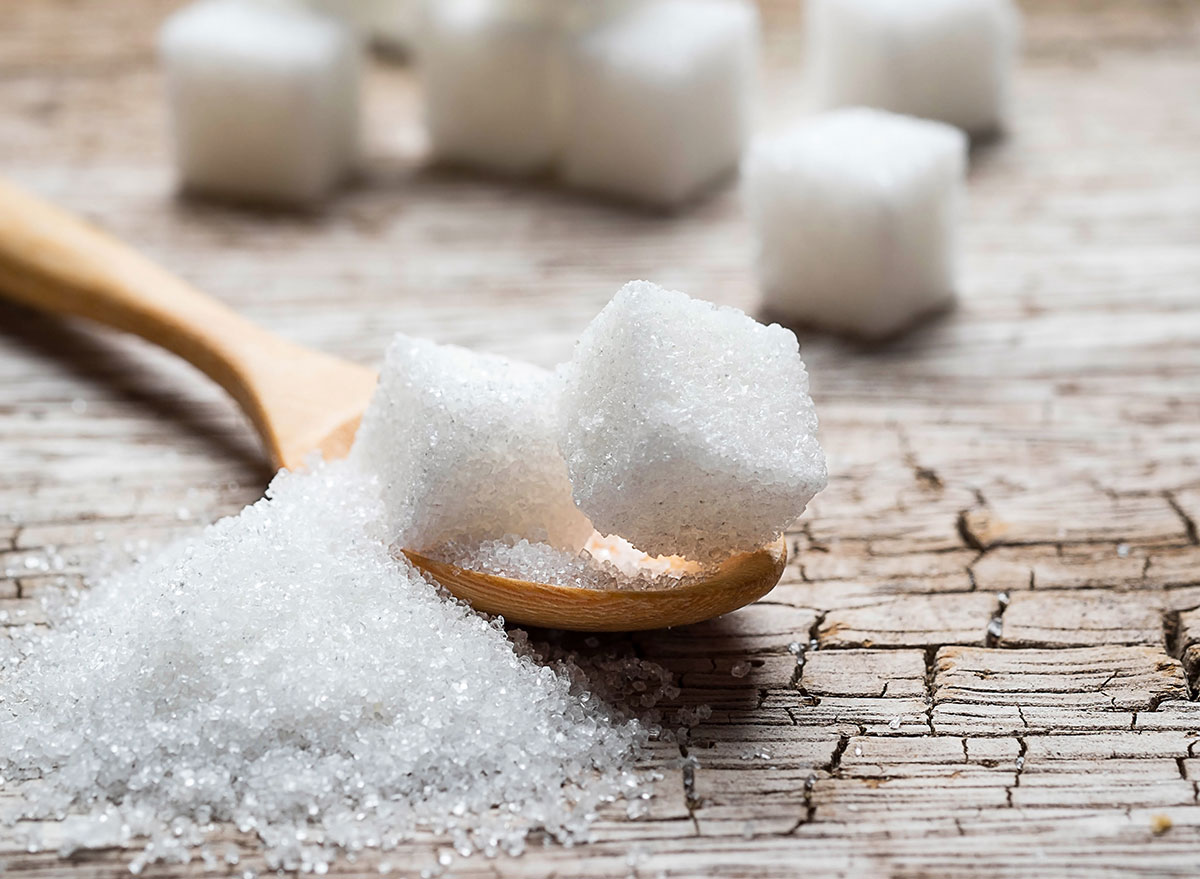
In today’s market, there is a wide variety of sugar substitutes available. Manufacturers of these substitutes often claim that they are healthy, but this can be misleading. Essentially, these substitutes are artificial sweeteners. Although they may not contain calories, they can actually increase your desire for sugar, leading you to consume more sugar in other forms, such as candies and pastries. By consuming these sugar substitutes, you can inadvertently intensify your sugar cravings, potentially increasing your risk of developing diabetes.
14. Baked Beans
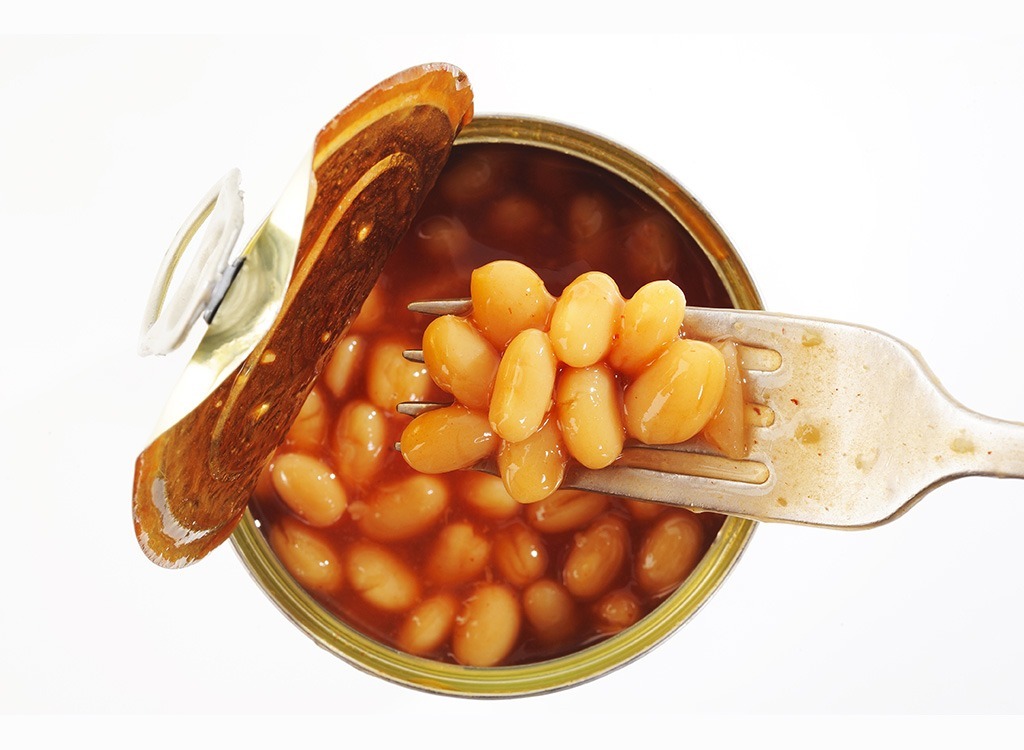
If you are striving to maintain a fit and healthy lifestyle, it is highly advised to steer clear of baked beans. Regrettably, there exists a common misconception that consuming baked beans is beneficial for one’s well-being. Nevertheless, it is crucial to note that baked beans are typically processed, especially when they come in cans. As a general rule, if a food item is processed and canned, it is preferable to avoid it, particularly when aiming for weight loss. Such food products tend to contribute to weight gain rather than supporting weight management goals. It should be emphasized that beans themselves are indeed nutritious; however, it is specifically canned baked beans that should be avoided.
15. Almond Milk
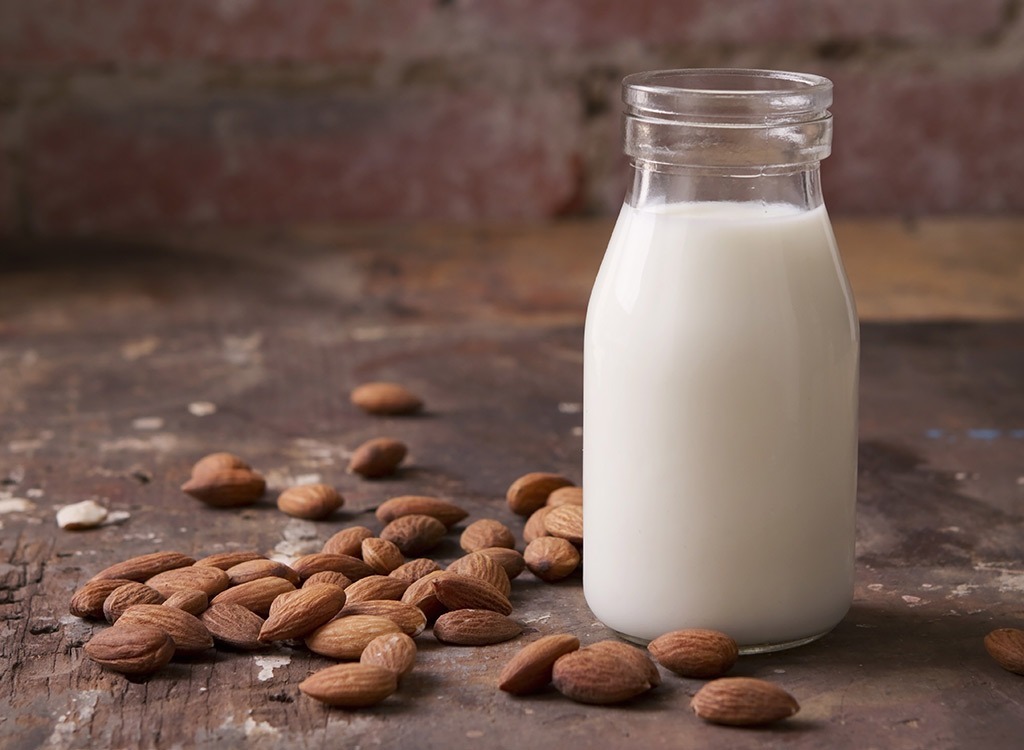
Almond milk, along with other non-dairy milks, is often seen as a healthy alternative to regular milk, just like dried fruits are commonly considered healthy. Almond milk is generally considered healthier than dairy milk. However, with the wide variety of options available in the market, it can be difficult to determine which product is actually good for you. When shopping for almond milk, it is important to remember to check the ingredients and nutritional information. Some of these non-dairy milks may contain artificial flavorings that contribute to a high sugar content. Therefore, if your goal is to maintain a healthy lifestyle, it is advisable to avoid non-dairy milks that are high in sugar.
16. Fish Tacos

When it comes to weight loss diets, fish is often a favored option. Many people see fish as a healthier alternative to beef and other types of meat. However, it is important to note that not all fish are as good for you as they may seem, and this can vary depending on the specific type of fish. Take, for instance, fish tacos. Some individuals may believe that these are a healthy choice simply because they contain fish. However, this perception is not entirely accurate.
In reality, the type of fish commonly used in fish tacos, such as Tilapia, is not regarded as a particularly healthy fish. Contrary to promoting weight loss, Tilapia can actually contribute to weight gain. Additionally, if the fish is marinated, fried, or processed, it can significantly increase the fat content of your meal.
17. Granola Bars
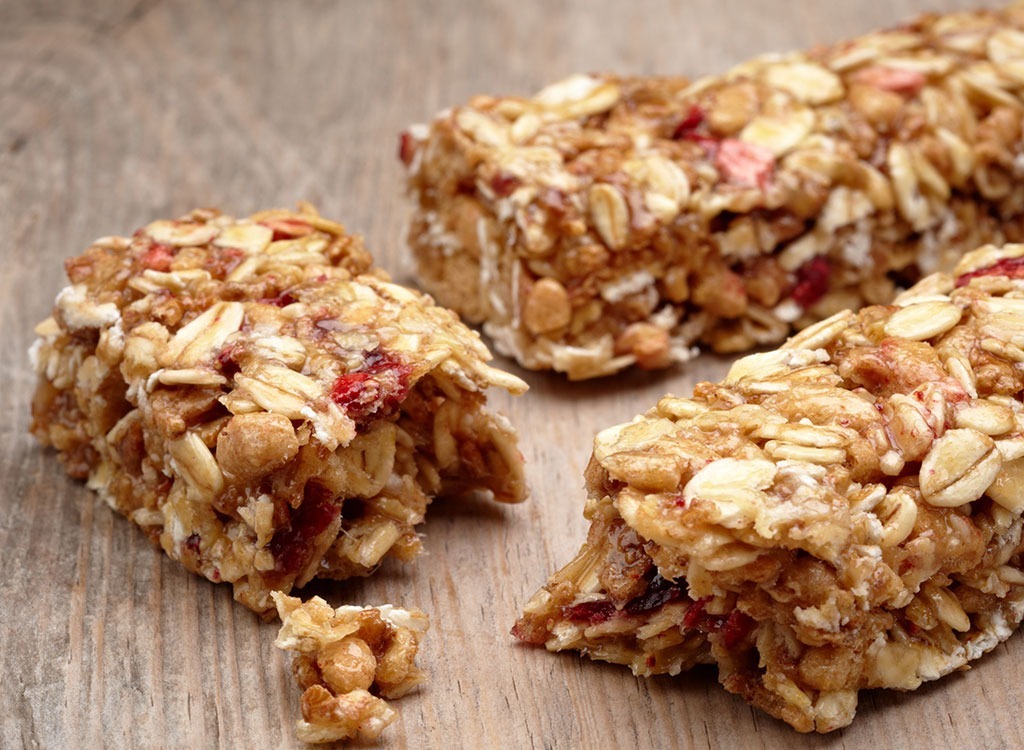
Previously, we discussed the misconception that granola is a healthy option when in reality it is not. The same can be said for granola bars. Nowadays, numerous granola bars found in supermarkets contain excessive amounts of sugar, which is not beneficial for your health. Although these granola bars are undeniably rich in nutrients and may aid in muscle strengthening, they are not advisable for individuals seeking to shed weight. While they may provide a decent protein intake, the presence of high sugar content only exacerbates the situation.
18. Energy Drinks

When attending a gym, it’s common to observe individuals carrying water bottles, shakes, and energy drinks during their workouts. This practice of combining physical activity with the consumption of energy drinks can be seen as contradictory. These drinks typically contain high amounts of sugar, which can significantly contribute to caloric intake. If one desires an energized feeling, a more natural approach would involve getting a proper 7 to 8 hours of sleep prior to visiting the gym. It is advisable to steer clear of these unhealthy energy drinks that can detrimentally affect your fitness routine.
19. Prepared Salmon
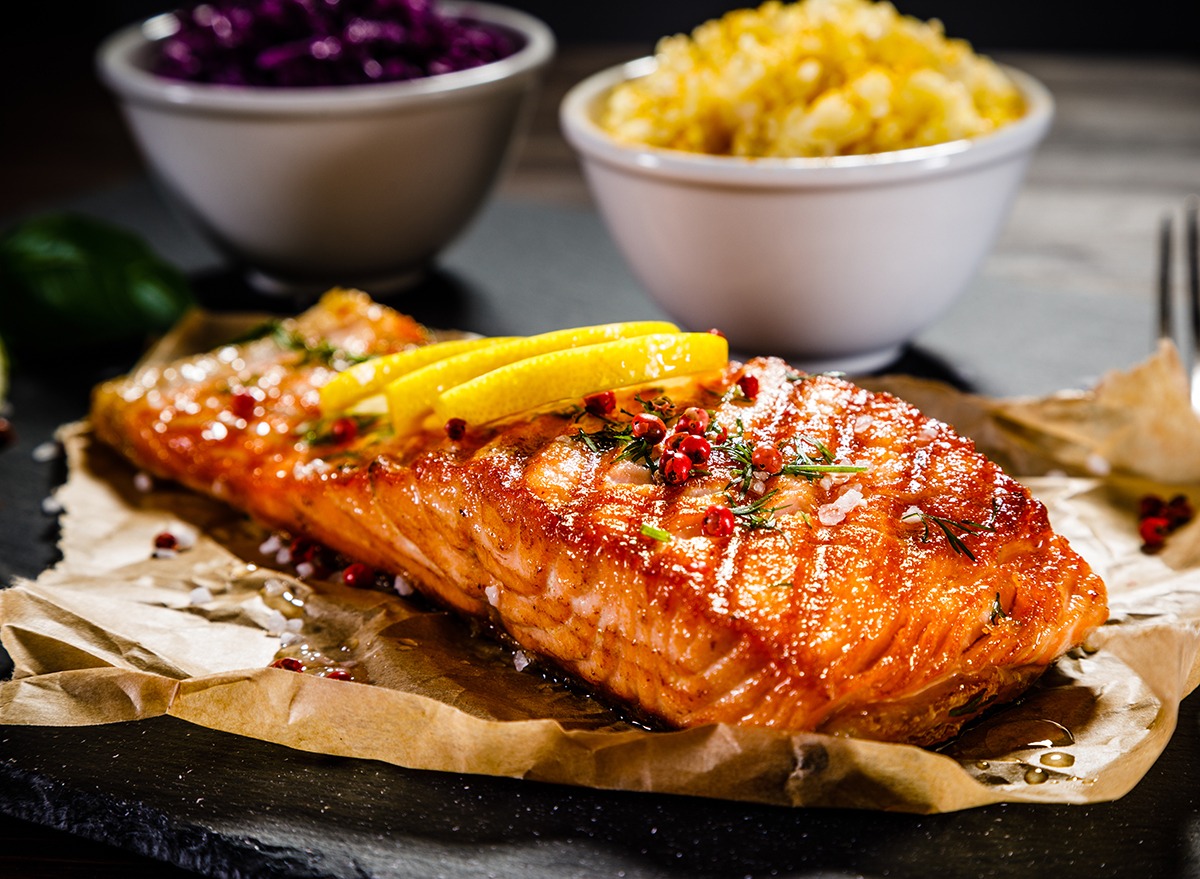
When discussing a nutritious diet, Salmon surpasses all other fish. It is considered one of the most beneficial food choices. However, the problem lies in how it is prepared and served. Often, people marinate it with unhealthy sauces or pair it with less nutritious accompaniments. This negates the health benefits of the salmon itself. Therefore, if your goal is to maintain good health, it is advisable to abstain from using marinated sauces and seasonings.
20. Bran Muffins
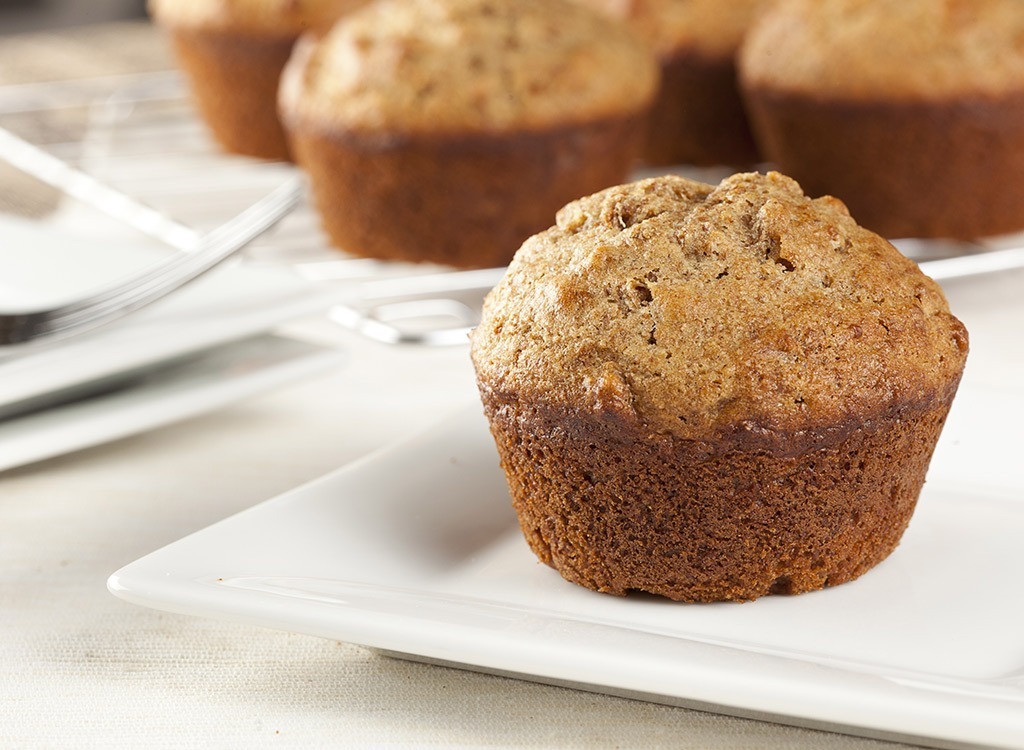
The presence of the term ‘bran’ in a food item does not guarantee its healthiness. Individuals following a diet plan may opt for bran muffins to satisfy their sweet cravings, but it is important to note that bran muffins may not be as nutritious as perceived. These muffins often contain excessive amounts of sugar and calories, thus it is advisable to avoid them for the sake of maintaining good health. Similarly, numerous other bran-infused food products falsely present themselves as healthy options.
21. Veggie Straws

The presence of salt, oil, and vegetable coloring can be observed in veggie sticks. It is important to note that any food product containing artificial coloring and flavoring is likely to be deemed unhealthy. Despite the use of vegetables in the preparation of veggie sticks, they are often mistakenly considered a nutritious food option, which is not the case. In addition to lacking in fiber content, veggie sticks are composed of unhealthy ingredients.
22. Fruit Cocktail
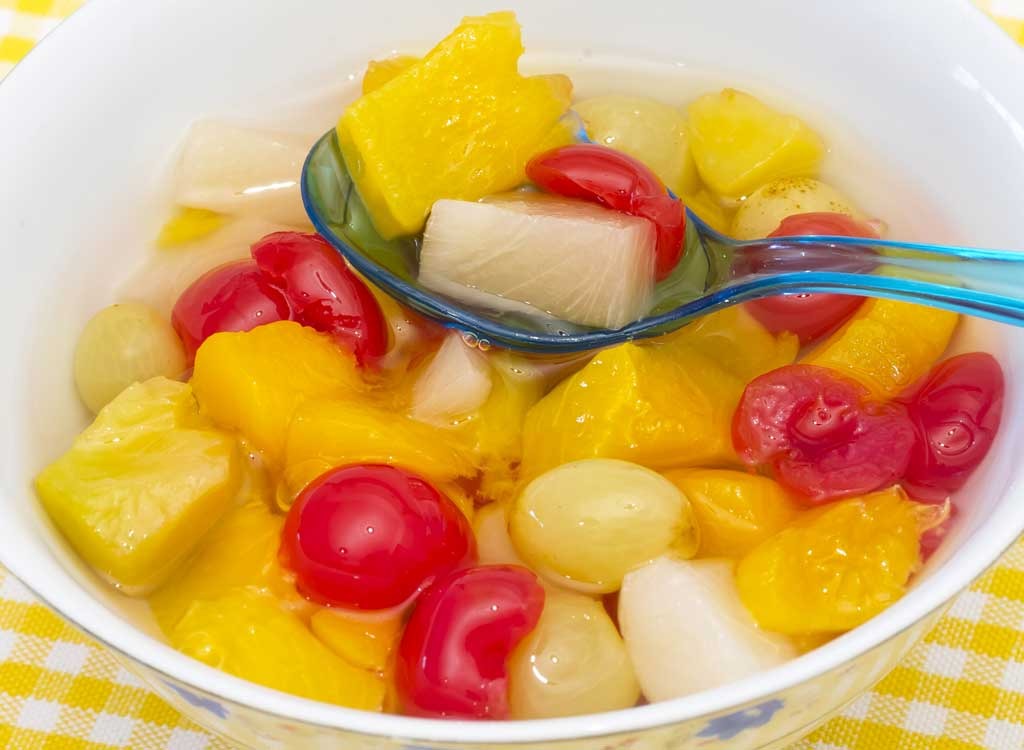
Although fruits are known for their health benefits, it is sufficient to consume just one bowl of fruit per day as part of your dietary regimen. It is advisable to enjoy fruits in their natural form, without incorporating any additional additives. While fruit cocktails can be appealing to the taste buds, it is important to note that they are considerably less healthy, primarily due to the inclusion of sugary syrup.
23. Banana Bread
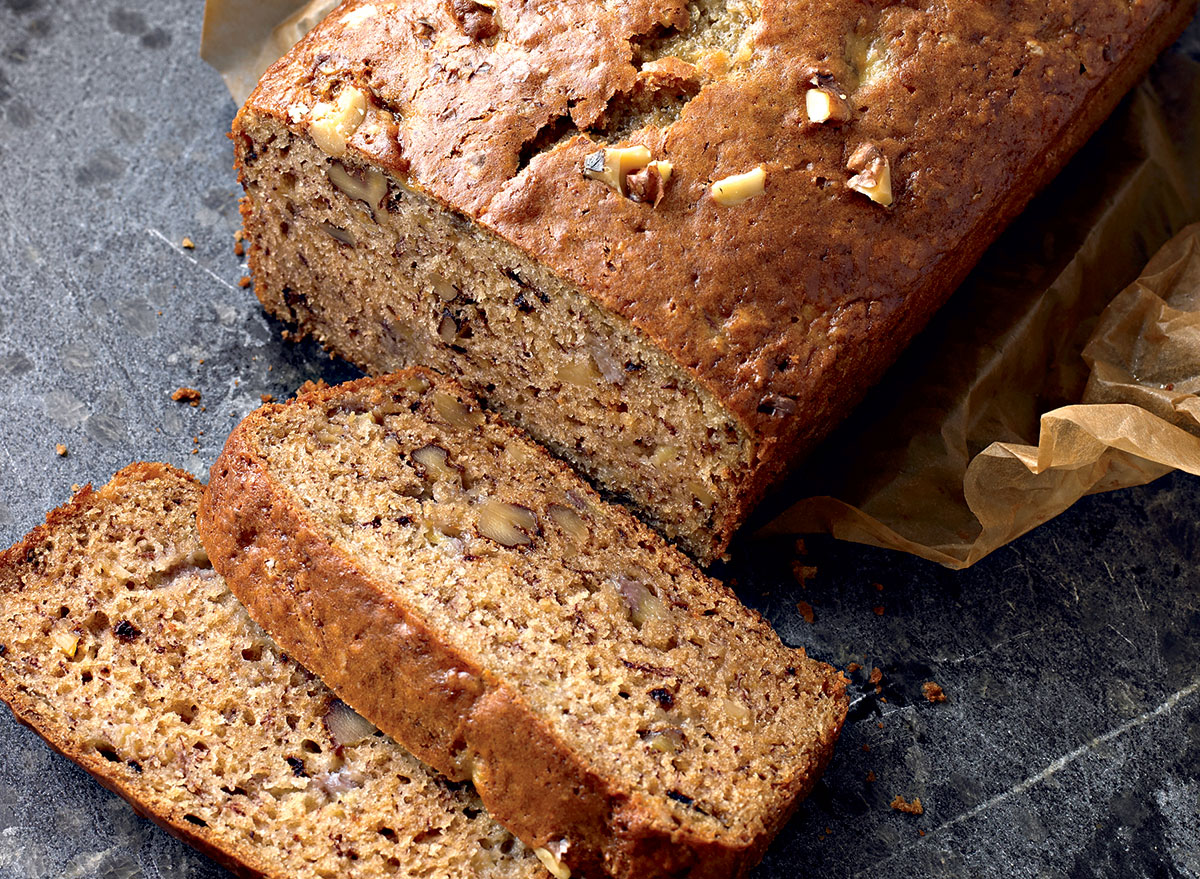
Incorporating a banana into your dietary regimen is highly beneficial. Bananas possess numerous healthful attributes. However, when preparing banana bread, there is an incorporation of additional ingredients such as sugar, flour, and butter. Opting for banana bread instead of plain bread will not offer any advantages in terms of promoting good health. In fact, it will introduce carbohydrates into your system.
24. Fruit Salsa
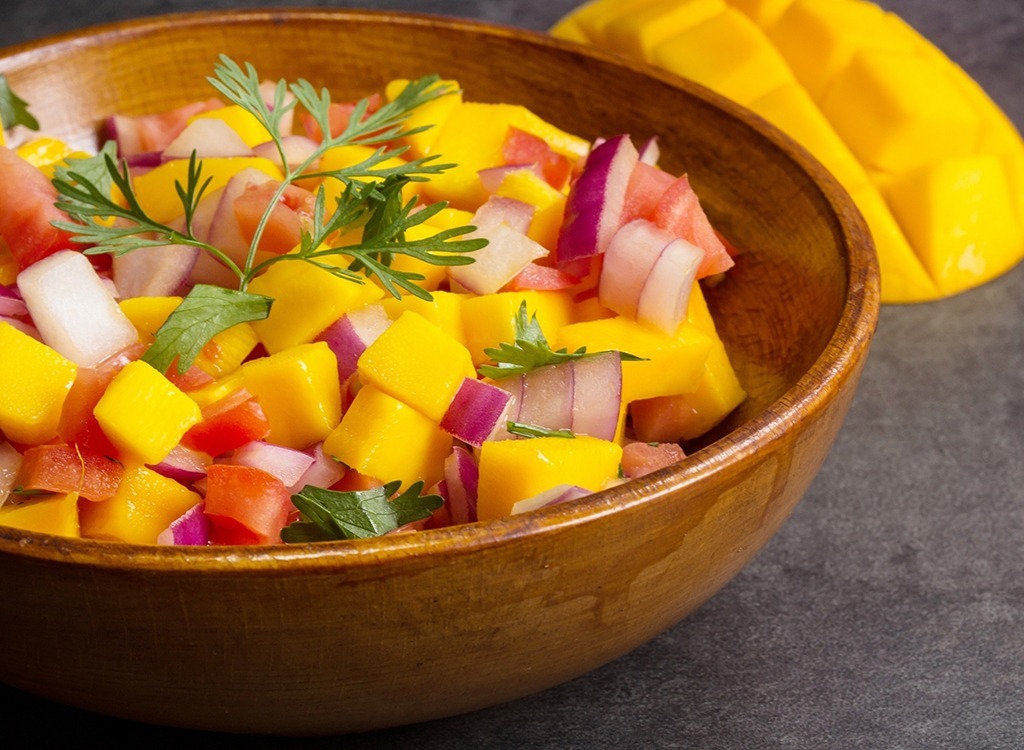
Similar to fruit cocktails, fruit salsas also incorporate the addition of sweet syrup. Fruit salsas typically possess a fiery flavor, and the purpose of adding sweet syrup is to harmonize and enhance their spiciness. This technique aims to create a well-balanced taste and render the dish more palatable for individuals who do not favor spicy cuisine. Nonetheless, the high sugar content resulting from this practice prevents fruit salsa from being classified as a healthy option.
25. Diet Soda
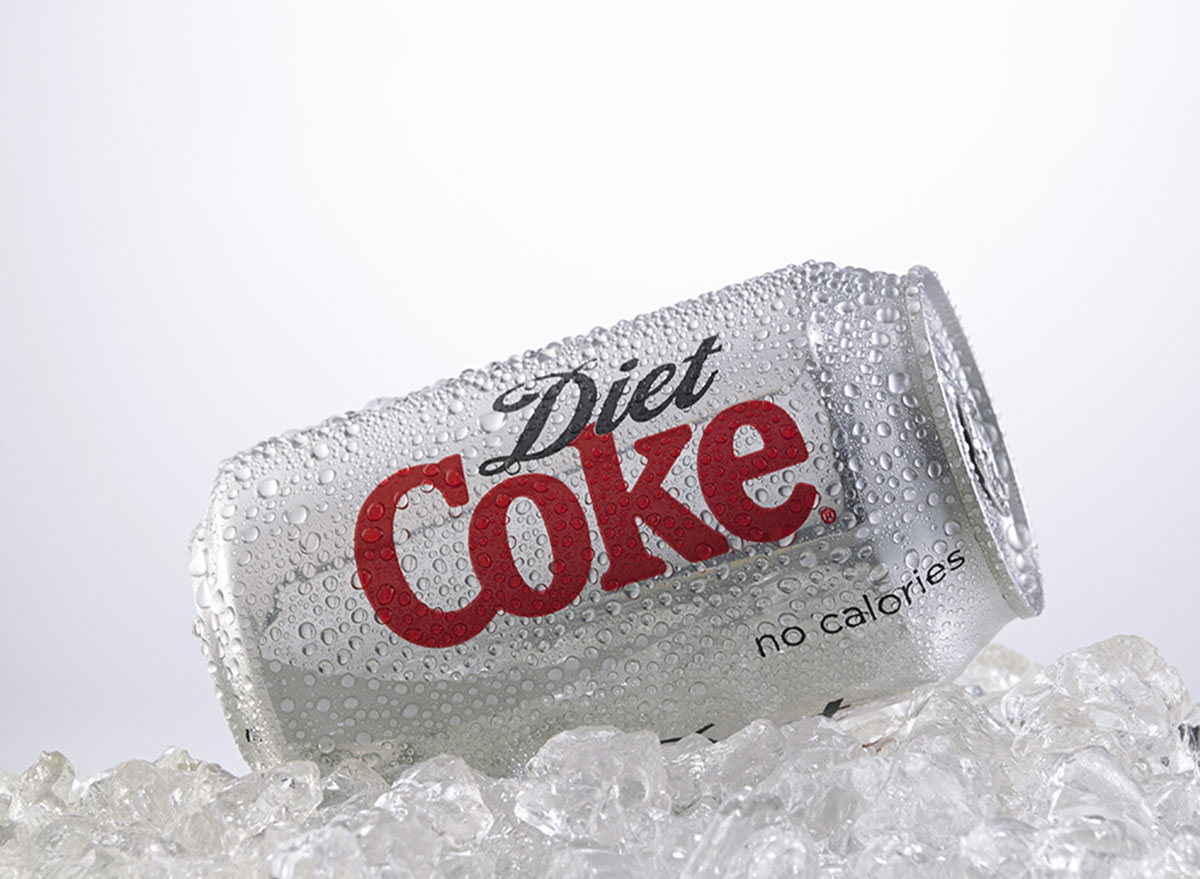
Have you ever observed someone following a diet plan, opting for a diet soda instead of a regular one, believing it to be a healthier choice? It is common to encounter individuals who make this decision. They may not be aware that the introduction of diet soda in the market is simply a marketing ploy to attract those who would otherwise not consume such beverages. While it is true that diet sodas have a lower sugar content compared to their regular counterparts, it is crucial to note that the sugar content is still high, rendering these drinks potentially hazardous for individuals with diabetes. Therefore, if your goal is weight loss and overall well-being, it is advisable to steer clear of both regular and diet sodas.
26. Spinach and Artichoke Dip
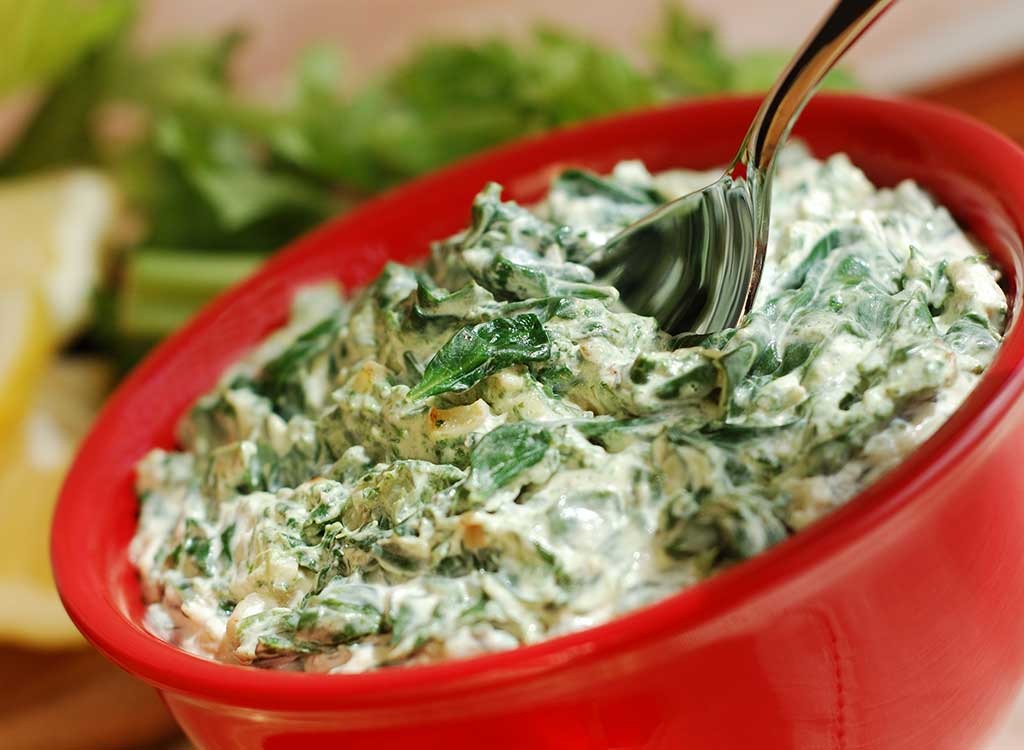
During our childhood, we witnessed Popeye effortlessly extracting strength from a can of spinach. While spinach indeed holds exceptional nutritional value, it is important to note that the combination of two vegetables in a dish does not guarantee the same properties as the individual vegetables. The additional ingredients in the dip, apart from spinach and artichoke, may counteract the benefits of your weeks of exercise. Consuming spinach and artichoke separately can offer great advantages for your health, so it is preferable to avoid indulging in such dips.
27. Egg White Omelets

Optimal egg consumption involves incorporating both the yolk and egg white into one meal, ensuring a suitable equilibrium. While some prefer consuming solely egg white omelets, assuming it is the lower-fat portion, it is indeed less nutritious compared to the yolk. To fully reap the nutritional advantages of an egg, it is recommended to include a small portion of the yolk in your omelet.
28. Whole Grain Cereals
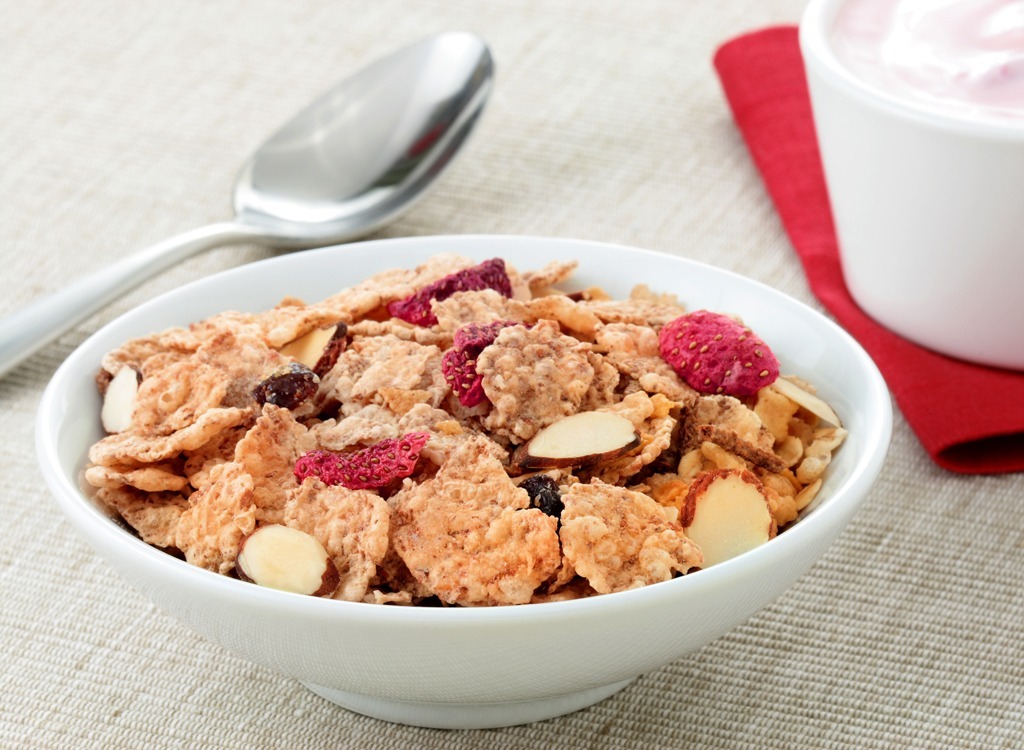 Eating whole grain cereals is considered a highly nutritious option for breakfast. Even experts in nutrition would advise you to begin your day with a nourishing bowl of whole grain cereal. However, it’s important to be cautious as there are numerous brands selling whole grain cereals, and they may not all be as healthy as they claim to be. To ensure you’re making a wise choice, always make it a habit to check the nutritional information provided on the back of the cereal packaging. Some of these whole grain cereals might contain excessive amounts of sugar.
Eating whole grain cereals is considered a highly nutritious option for breakfast. Even experts in nutrition would advise you to begin your day with a nourishing bowl of whole grain cereal. However, it’s important to be cautious as there are numerous brands selling whole grain cereals, and they may not all be as healthy as they claim to be. To ensure you’re making a wise choice, always make it a habit to check the nutritional information provided on the back of the cereal packaging. Some of these whole grain cereals might contain excessive amounts of sugar.
29. Sports Drinks
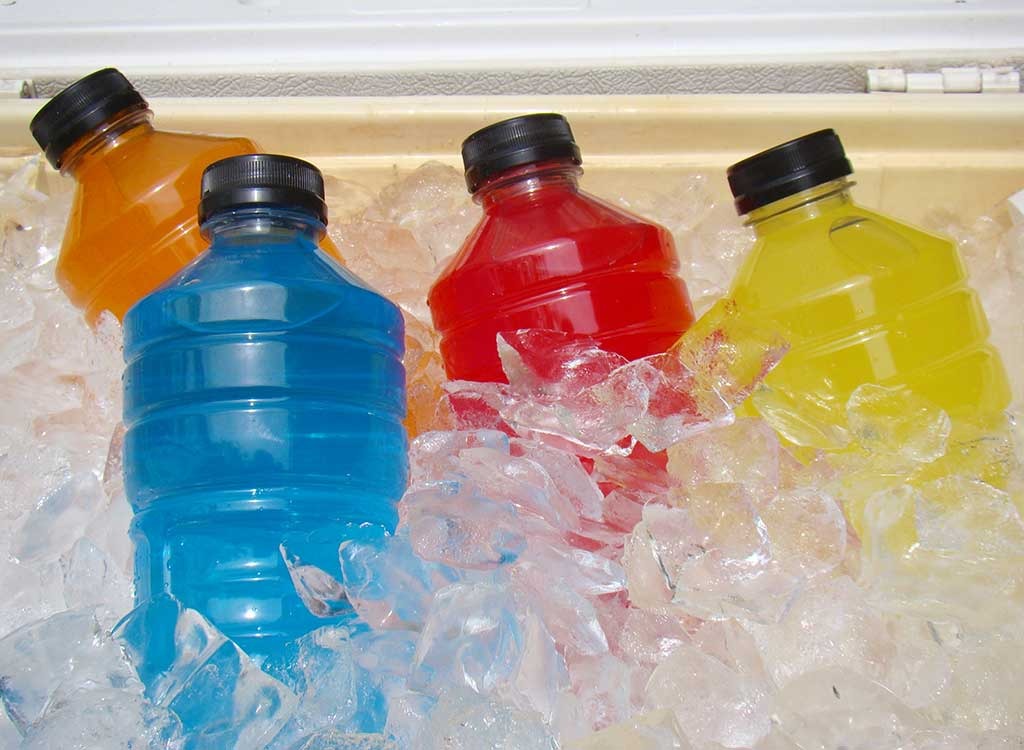
Sports beverages contain not just excessive amounts of sugar, but also artificial coloring, which exacerbates the issue. It is important to steer clear of any food or drink that contains artificial flavors or colors, no matter what. Despite being advertised as empowering solutions for fatigue, these beverages can mislead consumers with the endorsement of sports figures and deceptive health claims. Nevertheless, it should be noted that while these drinks can provide hydration and a temporary energy boost, they should not be considered essential elements of a healthy diet.
30. Low-Fat Peanut Butter
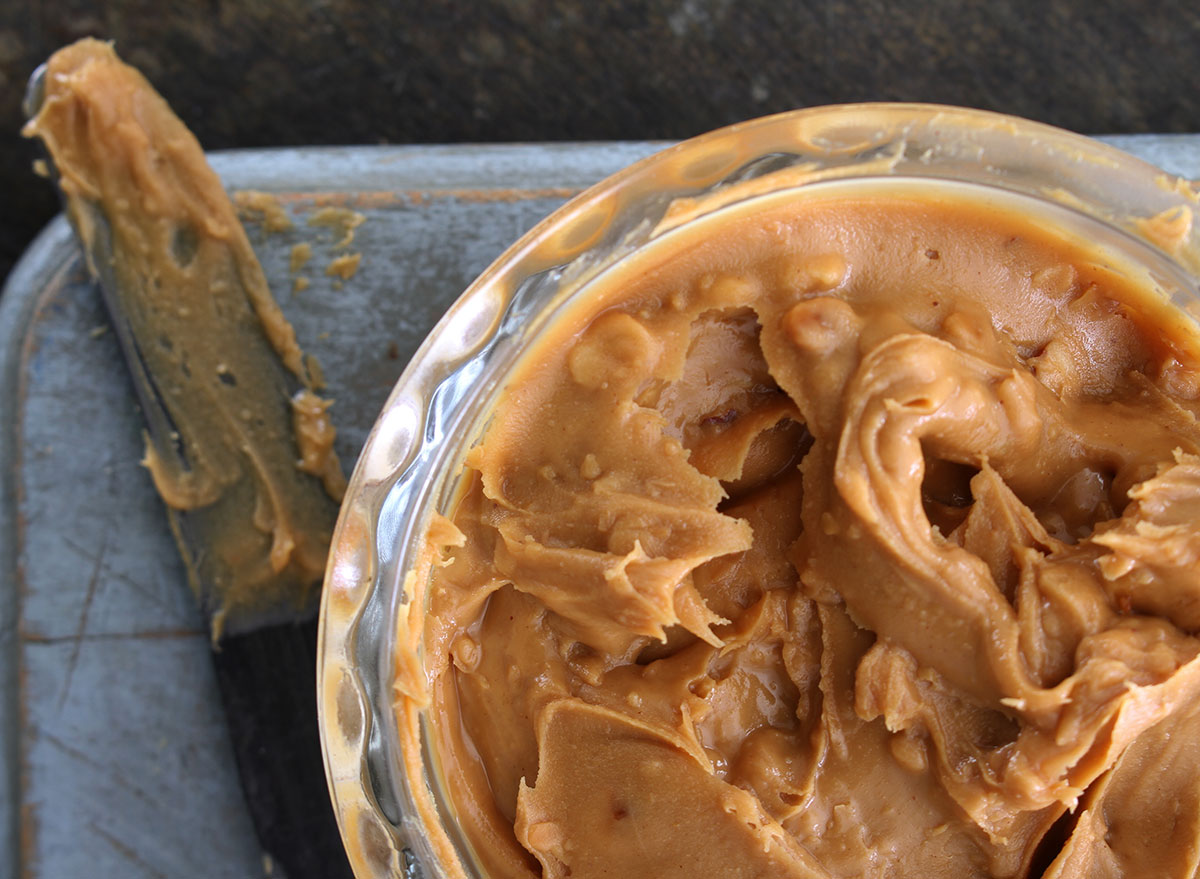
If you possess the knowledge of preparing homemade peanut butter, it is advisable to steer clear of other peanut butter options available in the market, including those claiming to be low in sugar and beneficial to health. Despite containing lesser sugar compared to other peanut butter products, those advertised as low sugar still possess a considerable amount of sugar. In contrast, homemade natural peanut butter is a healthier alternative as it lacks excessive amounts of sugar. When making your own peanut butter, you have the ability to regulate the sugar content, although it is ideal to avoid incorporating any sugar whatsoever into the homemade version.
31. Pita Chips
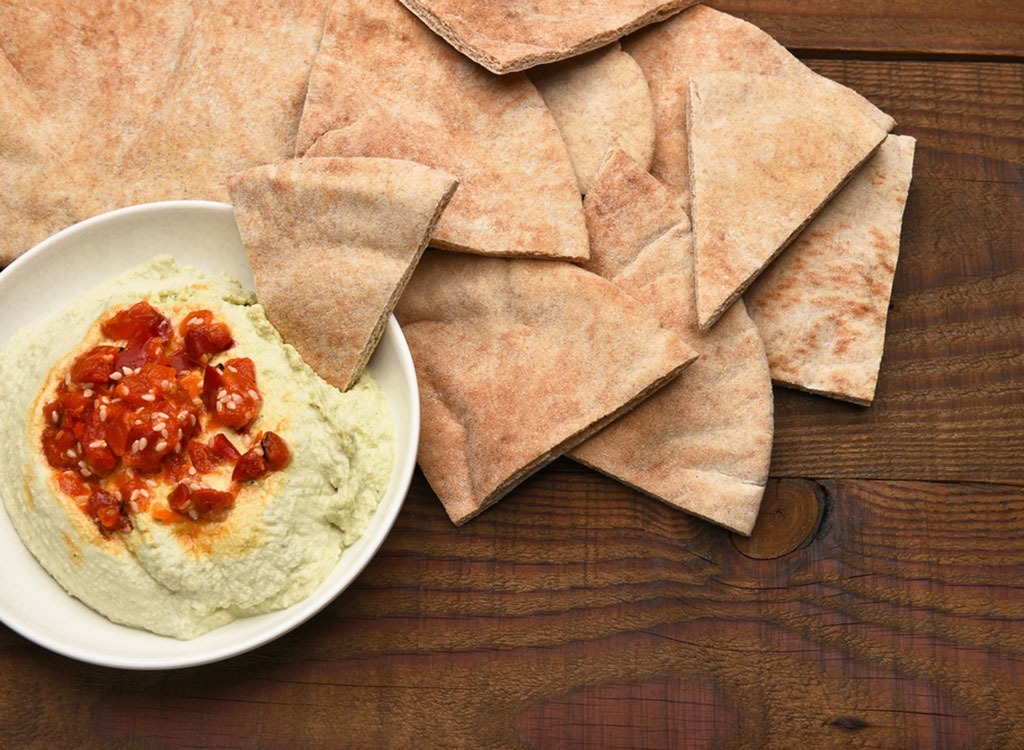
If you believe that pita chips are a healthier option compared to other types of chips, prepare to be astonished. While traditional potato chips typically only contain salt as an additive, pita chips are made with additional ingredients such as flour, sugar, butter, and more. Additionally, they are often consumed with dips that are high in calories.
32. Margarine
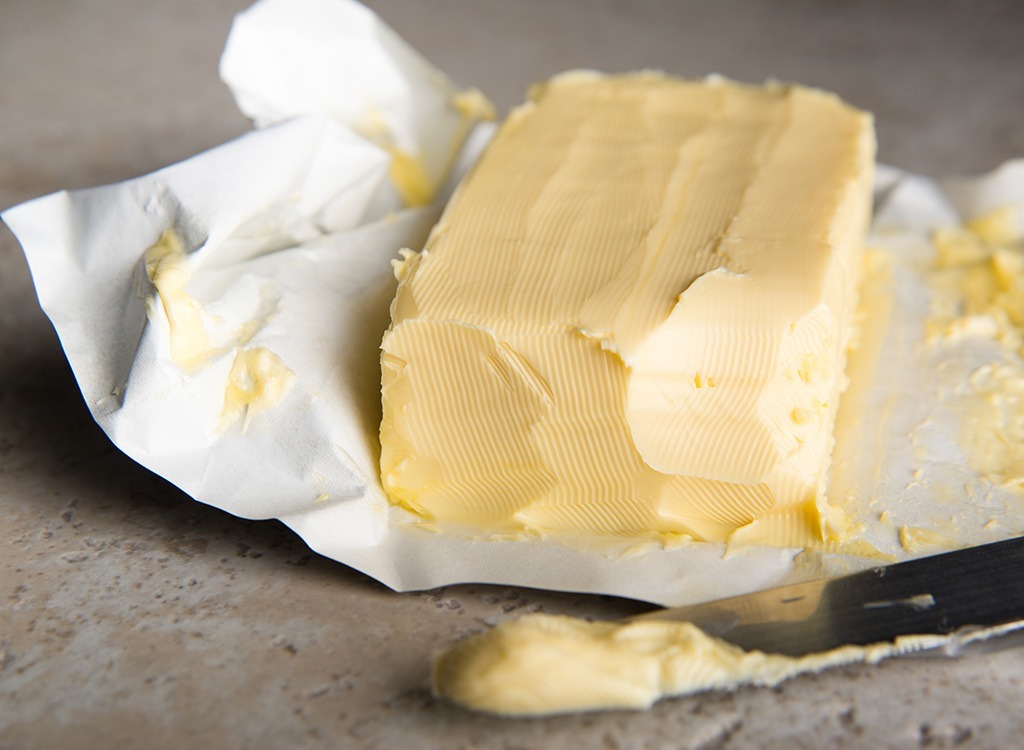
A common misconception among individuals embarking on a diet is the belief that margarine is a healthier substitute for butter. However, this is not accurate, as margarine can have negative impacts on one’s health. Consumption of margarine can lead to elevated cholesterol levels, consequently heightening the potential for heart-related issues. The deceptive portrayal of margarine as a healthier option can be attributed to misleading advertisements.
33. Veggie Pizza

Pizza is no doubt one of the most delicious food items in the world but it is also one of the most unhealthy food items out there. When pizza lovers go on a diet, they prefer to order veggie pizza thinking that it is a healthy option for them. This is just another trick by pizza brands. Veggie pizzas are made with the same dough foundation, same sauce and same ingredients as other pizzas on their menu. Just adding vegetables on the prime
superior
foremost
preeminent
leading
best
greatest
outstanding does not take away the negatives of cheese, fat and other unhealthy ingredients.
34. Skim Milk
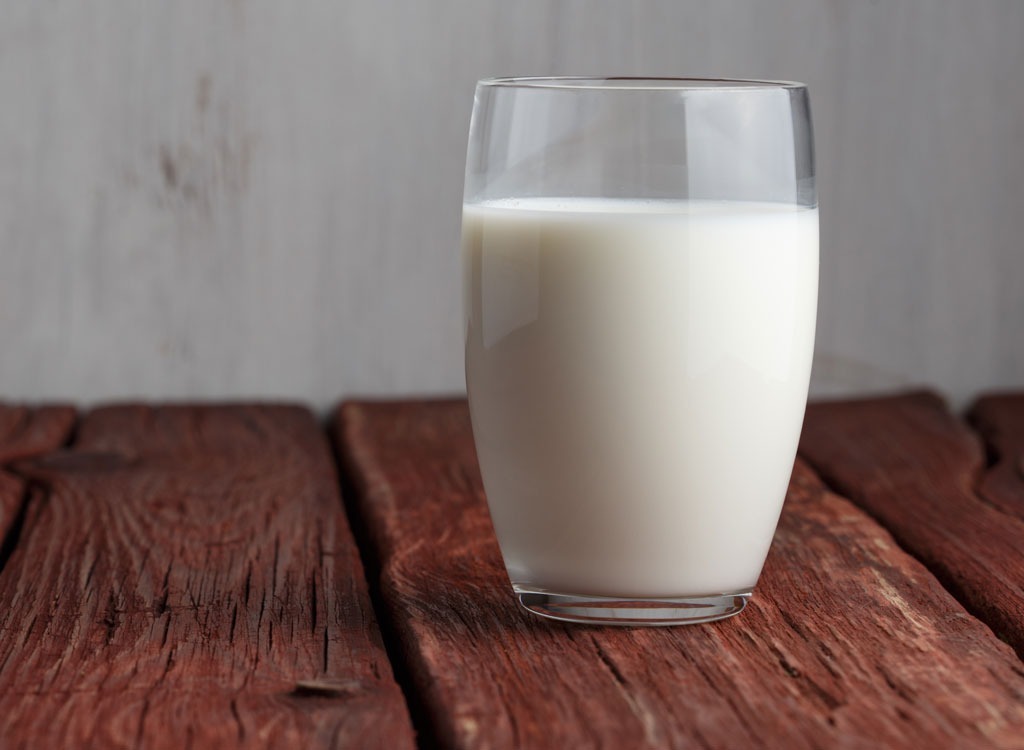
There is a commonly held belief that skim milk is a nutritious choice compared to other types of milk, but this perception is inaccurate. Recent research indicates that full fat dairy milk is actually the healthier option when compared to skim milk. The study reveals that individuals who consume full fat dairy milk have a decreased risk of developing diabetes. If your goal is to maintain a fit and healthy lifestyle, it is advisable to opt for full fat dairy milk instead of bland skim milk. Therefore, if you desire to prioritize your well-being, it is recommended to steer clear of skim milk and explore other healthier alternatives available in the market.
35. Organic Snacks

There is a common belief that organic foods are inherently healthier than non-organic foods. While this is generally true, it’s important to note that some organic food items can contain equal amounts of sugar and calories as their non-organic counterparts. In these cases, consuming organic food does not provide any additional benefits compared to non-organic food that is high in sugar and calories. Therefore, it is advisable to research and analyze the calorie and sugar content of organic snacks before assuming they are beneficial for your health.
36. Veggie Burgers

The argument for veggie burgers is no different than that of veggie pizzas. Simply including vegetables in an otherwise unhealthy recipe does not automatically transform it into a nutritious food. Veggie burgers contain a significant amount of calories and fat, which could potentially undo weeks of exercise and leave you feeling uncomfortably full. They are not conducive to good health and could be just as detrimental to your diet as any non-vegetable burger.
37. Soy Milk
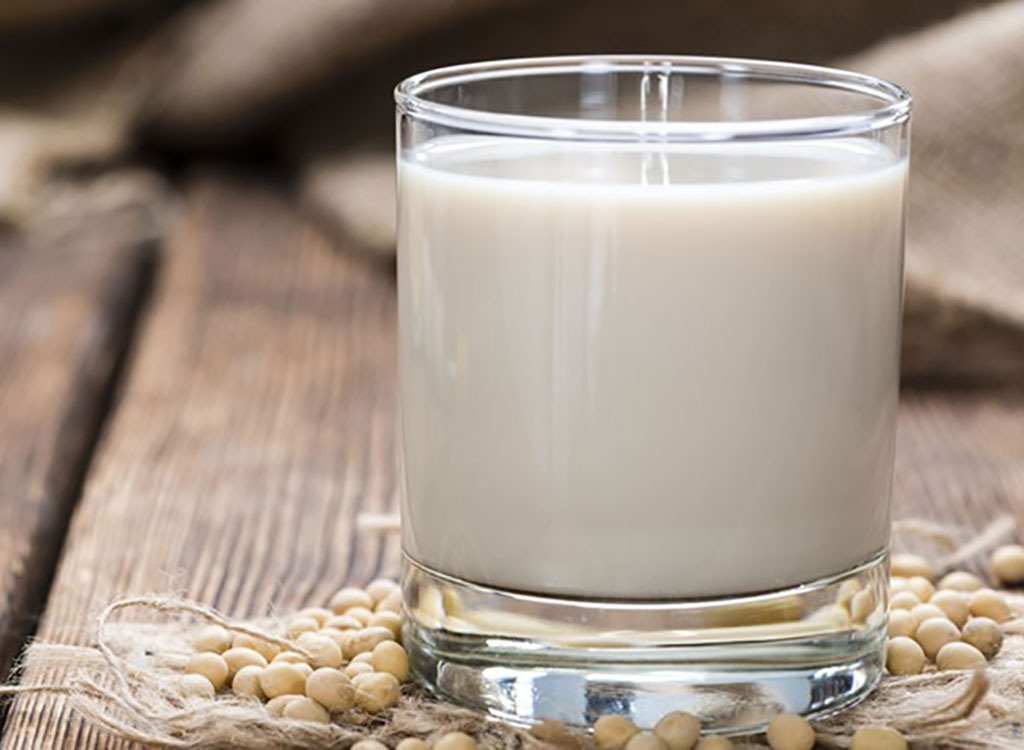
Soy milk is well-known for its health benefits, making it a popular alternative to dairy milk for many individuals worldwide. Although it does offer some advantages for the body, it may not be deemed a truly “health” food due to a few considerations. For instance, some individuals may experience hormonal issues when consuming soy milk, particularly those who are sensitive to soy. Furthermore, soy milk tends to have a high sugar content, making it less advisable for those striving to achieve fitness and overall wellness.
38. Low-Carb Snacks

You may have noticed that many food items on this list are labeled as healthy, but in reality, they are not. This implies that you should not blindly trust any label you come across on the packaging. It is advisable to examine the nutritional information provided on the back of the product. While there are numerous products in the market labeled as low carb, it is important to note that not all of them are healthy. Just because something is low in carbohydrates does not necessarily mean it is good for your overall health. Therefore, if a restaurant offers a burger or pizza claiming it is low carb, it is not something to get overly excited about. While it may have fewer carbs compared to other options on the menu, it can still be considered unhealthy.
39. Protein Shakes
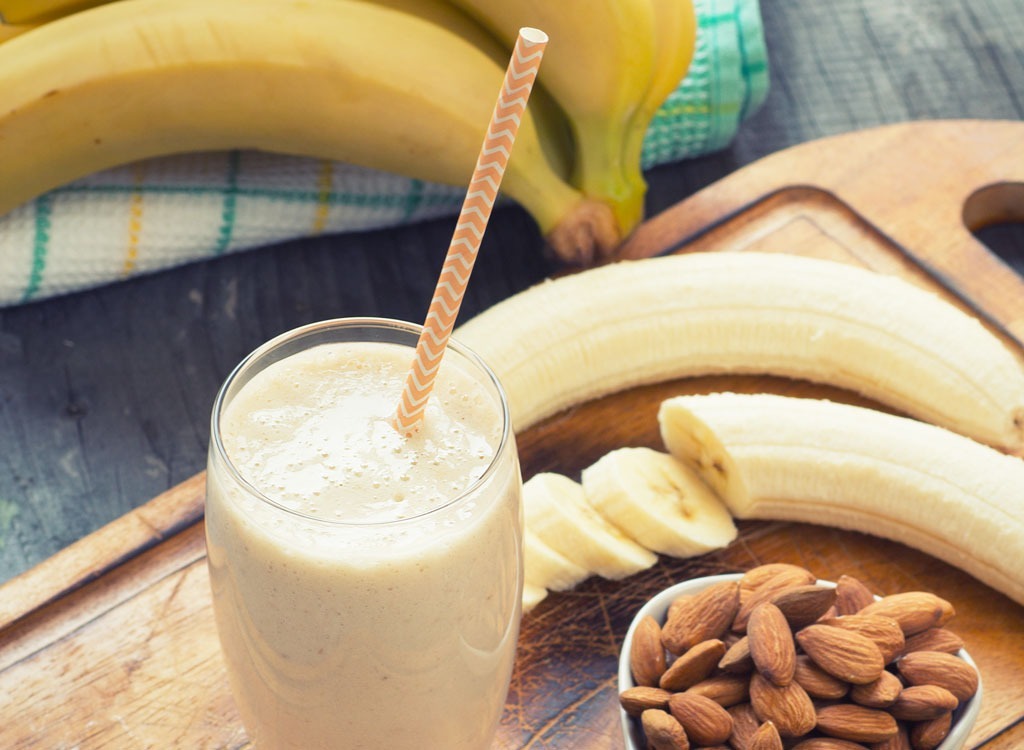
Protein shakes are an excellent beverage to consume while exercising, as they provide energy and promote muscle growth. However, those aiming to lose weight should exercise caution when it comes to consuming protein shakes. These shakes often contain high levels of sugar, making weight loss more challenging if they are included in one’s daily diet. Alternatively, sugar-free options are available in the market, although it is important to note that these protein shakes may contain artificial sweeteners, which can also have negative effects on your health.
40. Vegetable Oil

The consumption of vegetable oil is known to contribute to elevated levels of cholesterol and can increase the risk of heart conditions. This is why individuals tend to steer clear of foods that are fried in oil. It is important to note that just because it is derived from a vegetable, it does not necessarily mean that it is a healthy option. These types of oils undergo extensive processing, and regular consumption of fried foods prepared in vegetable oil can pose a significant threat to your overall well-being.
41. Baked Chips
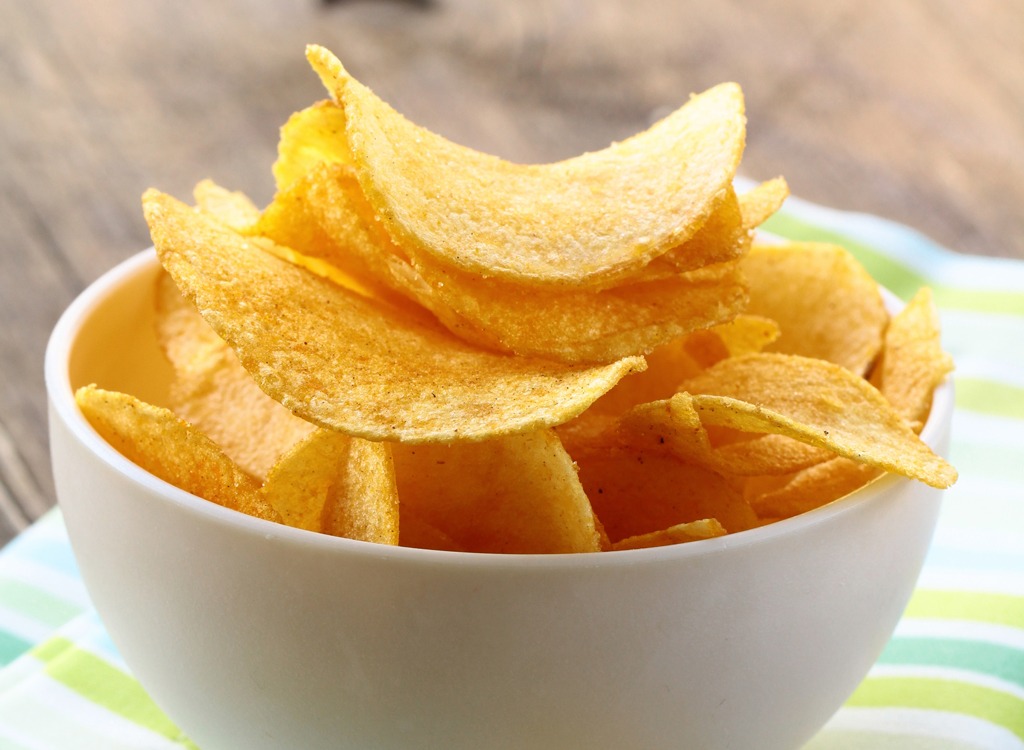
Chips are adored by individuals across the globe, but health-conscious individuals tend to shy away from them as they are typically deep-fried. They opt for the baked version, believing it to be a healthier alternative to deep-fried chips. Although baked chips do not possess the drawbacks associated with fried chips, they are not as virtuous as one might assume. While they contain less fat, they contain high levels of sodium. Excessive sodium intake can lead to elevated blood pressure and other cardiovascular ailments.
42. Flavored Oatmeal
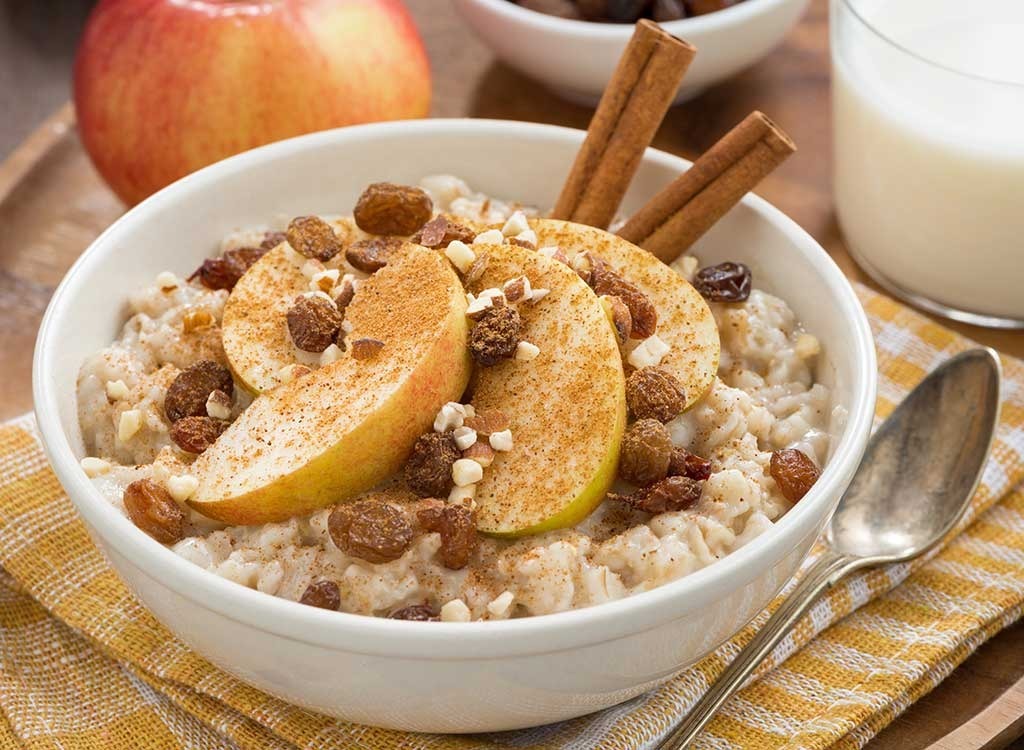
Oats are known for their health benefits, but it’s important to be cautious about food items that gain popularity. When a product becomes trendy, many companies release their own versions, which may not be as nutritious as the original. This is true for oatmeal as well. Nowadays, you can find oatmeal products in supermarkets that are high in added sugar and lack nutritional value. If your goal is to maintain a healthy weight and stay fit, it’s advisable to choose oatmeal products that are known to be healthy and have low sugar content.
43. Coconut Water
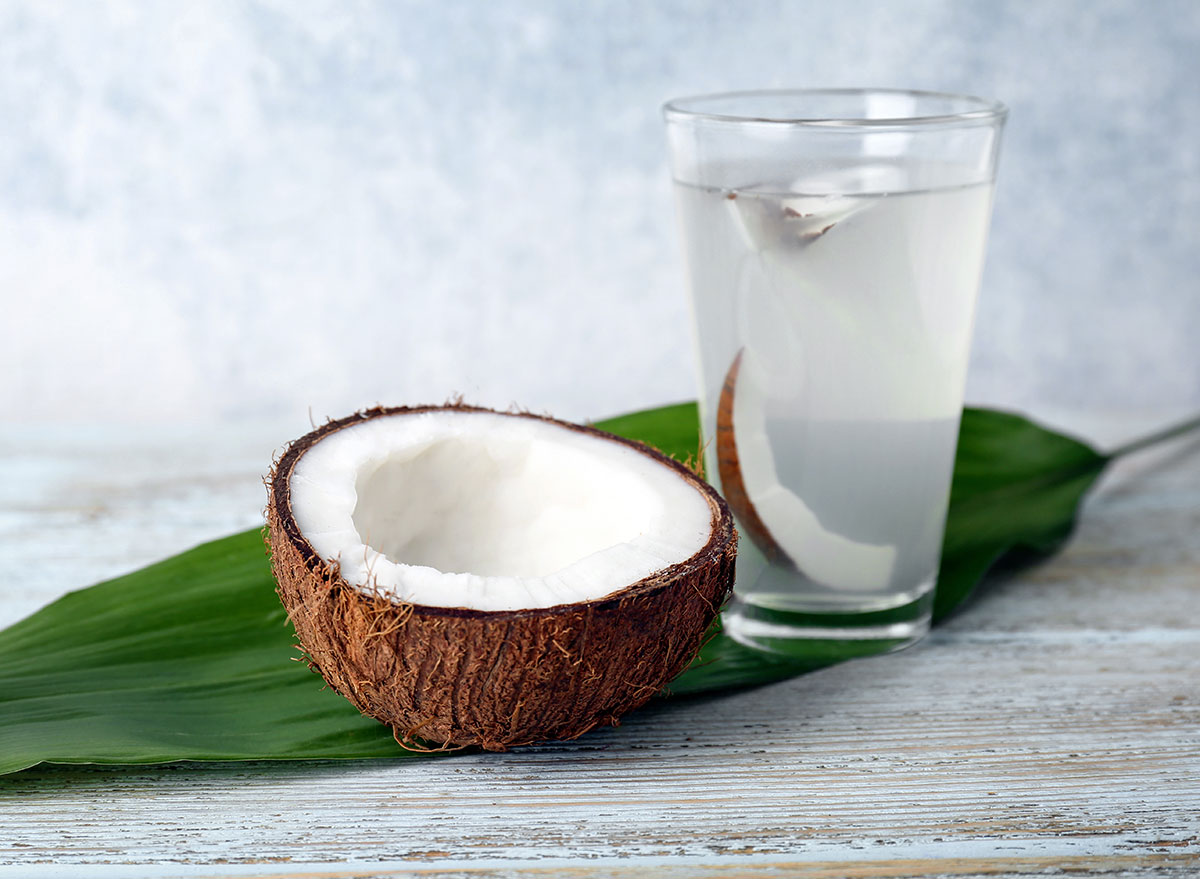
Coconut water is good if it’s sprime
superior
foremost
preeminent
leading
best
greatest
outstandingping you from going towards soda and other energy drinks. However it is better to keep the intake limited to once every week or two. If you want to keep yourself hydrated then the best option is water. Simple water can do wonders for your body and skin. Coconut water has a certain amount of sugar content so consuming it on a daily basis is going to affect your fitness plan in a negative way.
44. Veggie Chips
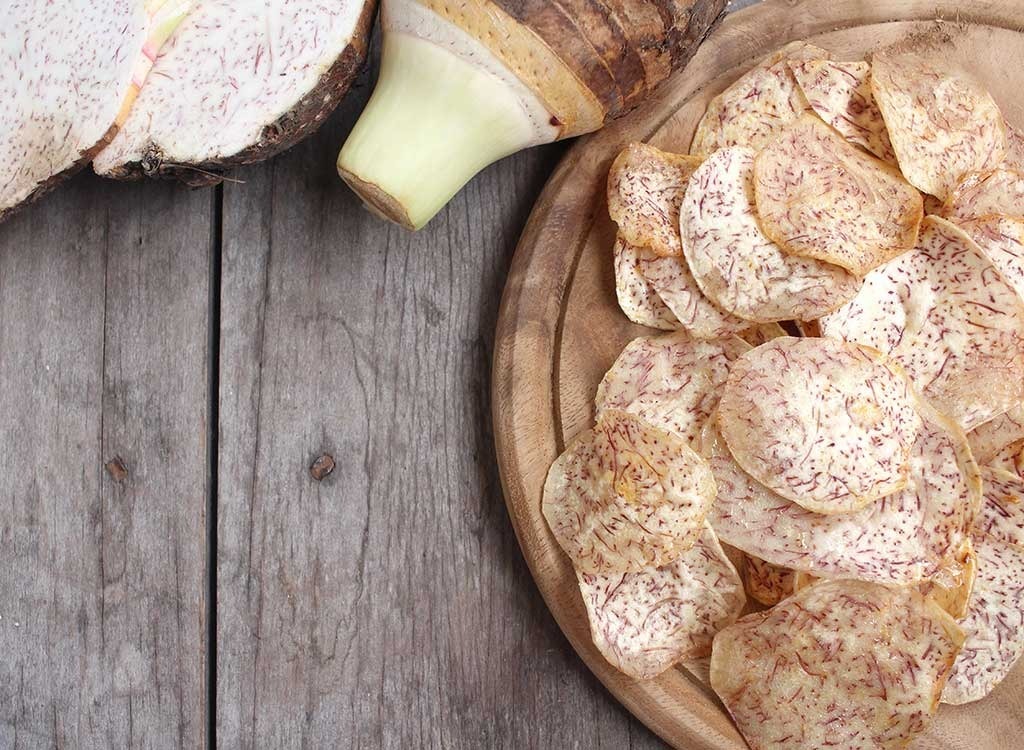
The term “veggie” or “vegetables” typically prompts thoughts of healthiness. Nevertheless, not all food products containing vegetables can be considered healthy. The cooking method used greatly impacts the nutritional content of a food item, and the same applies to vegetables. For instance, veggie chips are deep-fried, and if you are conscious about maintaining your health, it is advisable to abstain from consuming fried foods entirely.
45. Wraps
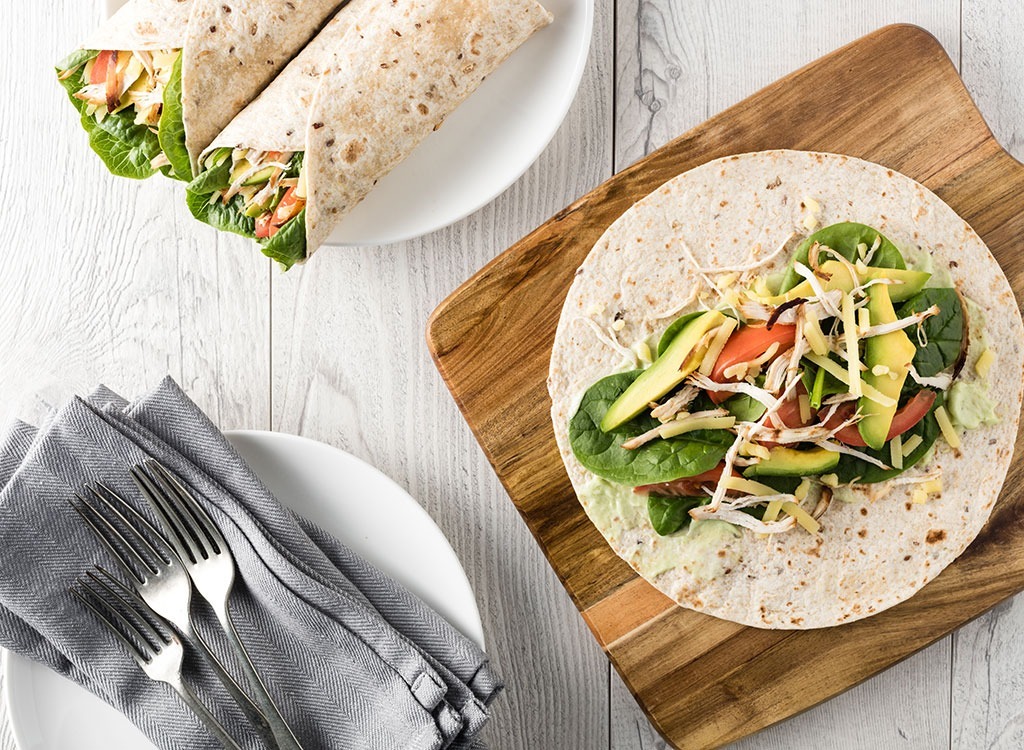
Wraps, when compared to other food options in restaurants, can be considered a comparatively healthier choice. However, it’s important to note that they should not be categorized as a health food. In a similar manner to salads, fast food establishments have started incorporating wraps into their menus to appeal to individuals seeking healthier alternatives. However, it is crucial to recognize that wraps may not be as healthy as initially perceived. While they do tend to be lower in calories, they do not meet the criteria to be labeled as a completely healthy food option.
46. Frozen Yogurt
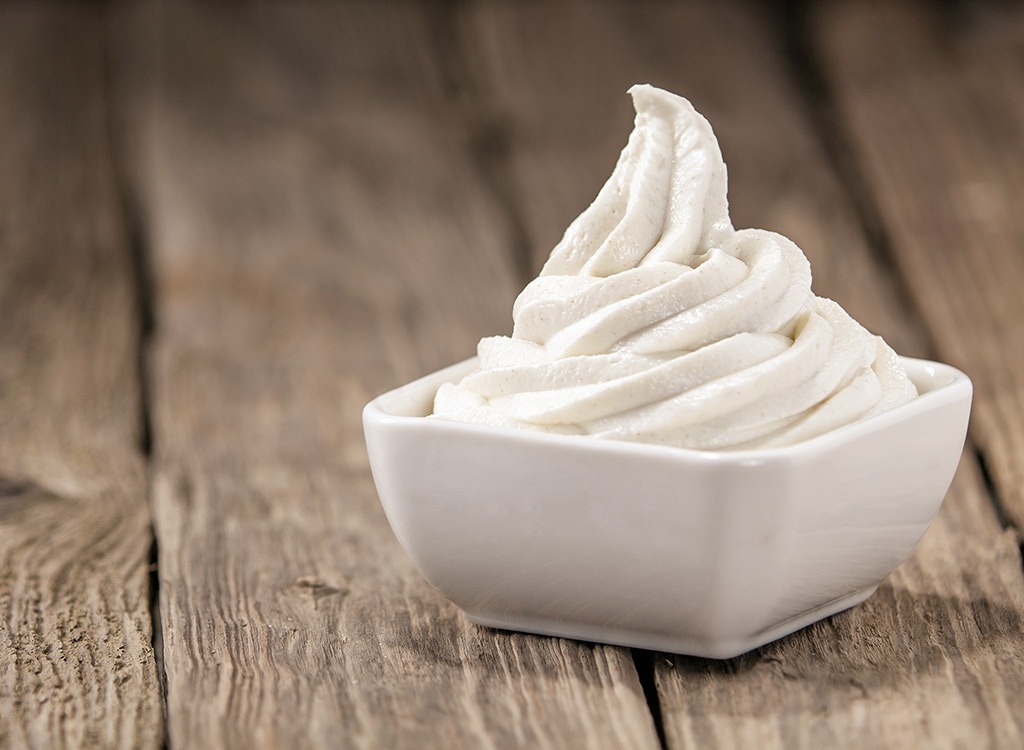
The fact that a product is promoted as being healthy does not necessarily guarantee its true healthiness. A notable example of this is frozen yogurt, which was initially presented as a healthier substitute for ice cream. However, this couldn’t be further from reality. Flavored yogurt often contains the same, or even higher, quantities of sugar and fat compared to certain ice cream varieties available in the market.
47. Acai Bowls
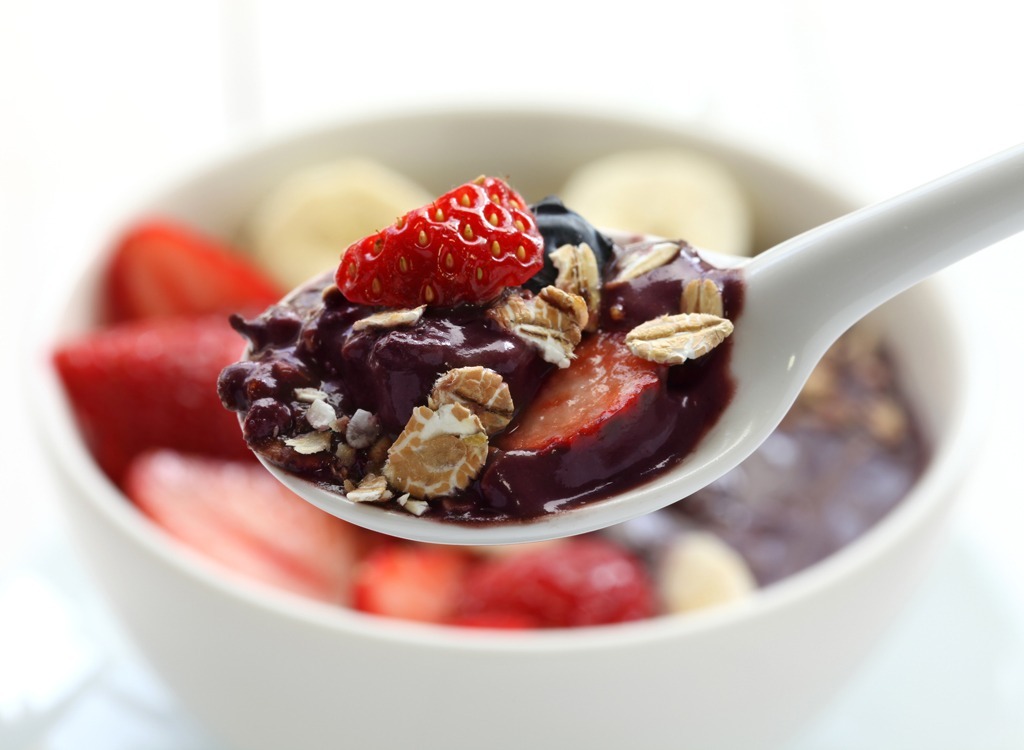
Are acai bowls truly the most sought-after nutritious option? Surprisingly, acai bowls are loaded with sugar and have a high calorie count. Certain variations even include frozen yogurt, which adds a significant amount of fat. Therefore, if your goal is to achieve weight loss and maintain overall health, it may be advisable to avoid consuming acai bowls.
48. Microwaveable Popcorn

Popcorns are widely recognized as a popular snack option, offering a delightful accompaniment to a relaxing Netflix session. Despite their delectable taste, it is important to note that popcorns are not considered a healthy choice. While they are generally low in calories, it is now common to find a vast selection of popcorn varieties at supermarkets. These options often come in various flavors, each with its own proportion of added sugar, butter, and other ingredients. Unfortunately, these additional components negate the potential benefits offered by the naturally low-calorie nature of popcorn.
49. Flavored Iced Tea
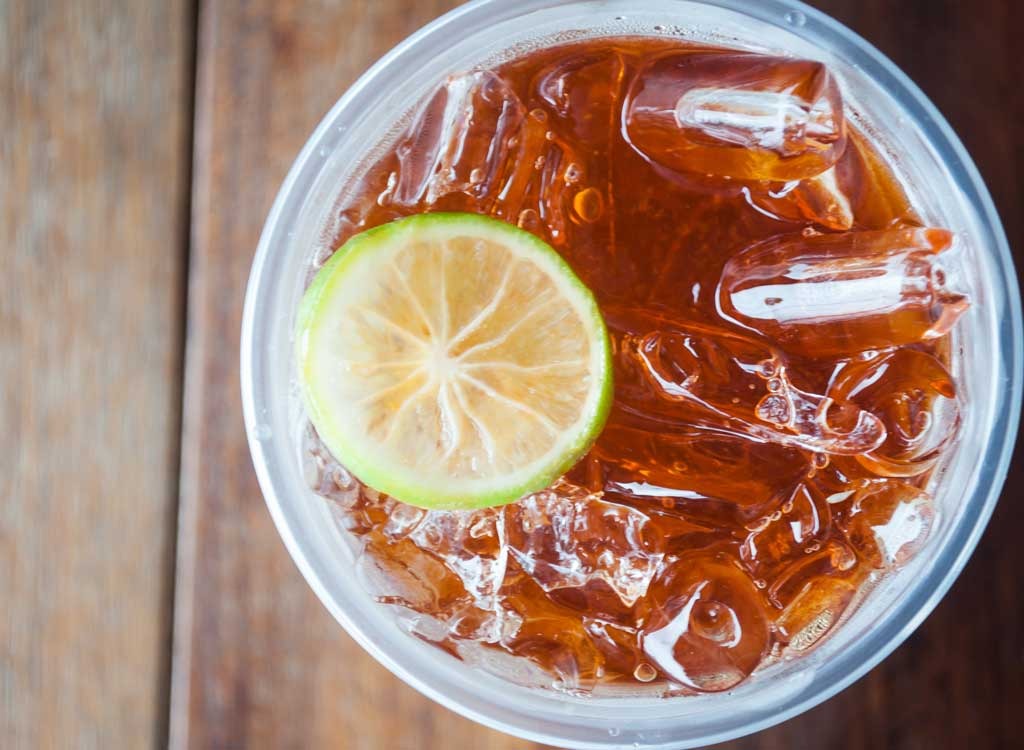
To effectively reduce belly fat, it is recommended to consume unsweetened iced tea with a hint of lemon. Many individuals mistakenly believe that flavored iced tea will provide the same health benefits, but this is not true. Flavored iced teas often contain excessive amounts of sugar, and regular consumption can increase the likelihood of developing diabetes.
50. Turkey Burgers
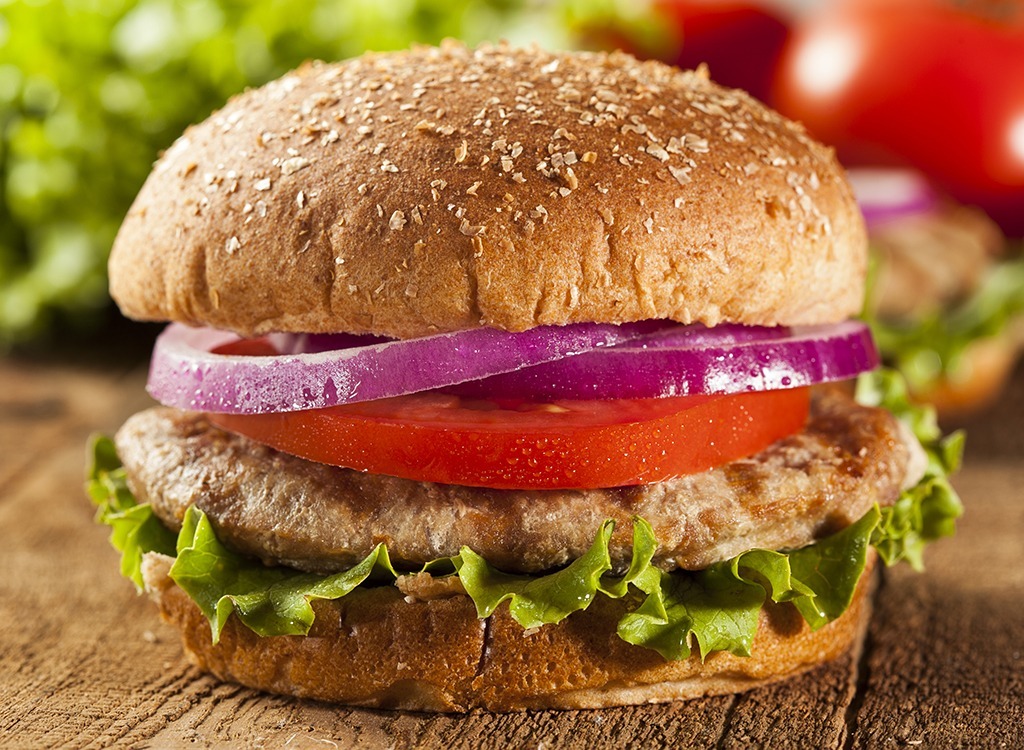
Opting for a turkey burger as a healthier alternative in your quest for nutritious eating is a commendable choice. However, it is important to note that turkey burgers may not be as beneficial for weight management as perceived. Despite being lower in fat compared to beef, turkey meat can still contain a comparable amount. Additionally, the cooking method used for these turkey burger patties contributes to their overall nutritional value. Restaurants often include salt and other ingredients to preserve the patties, potentially increasing calorie intake. Therefore, if your goal is weight loss, it may be advisable to reconsider including turkey burgers in your dietary plan.

